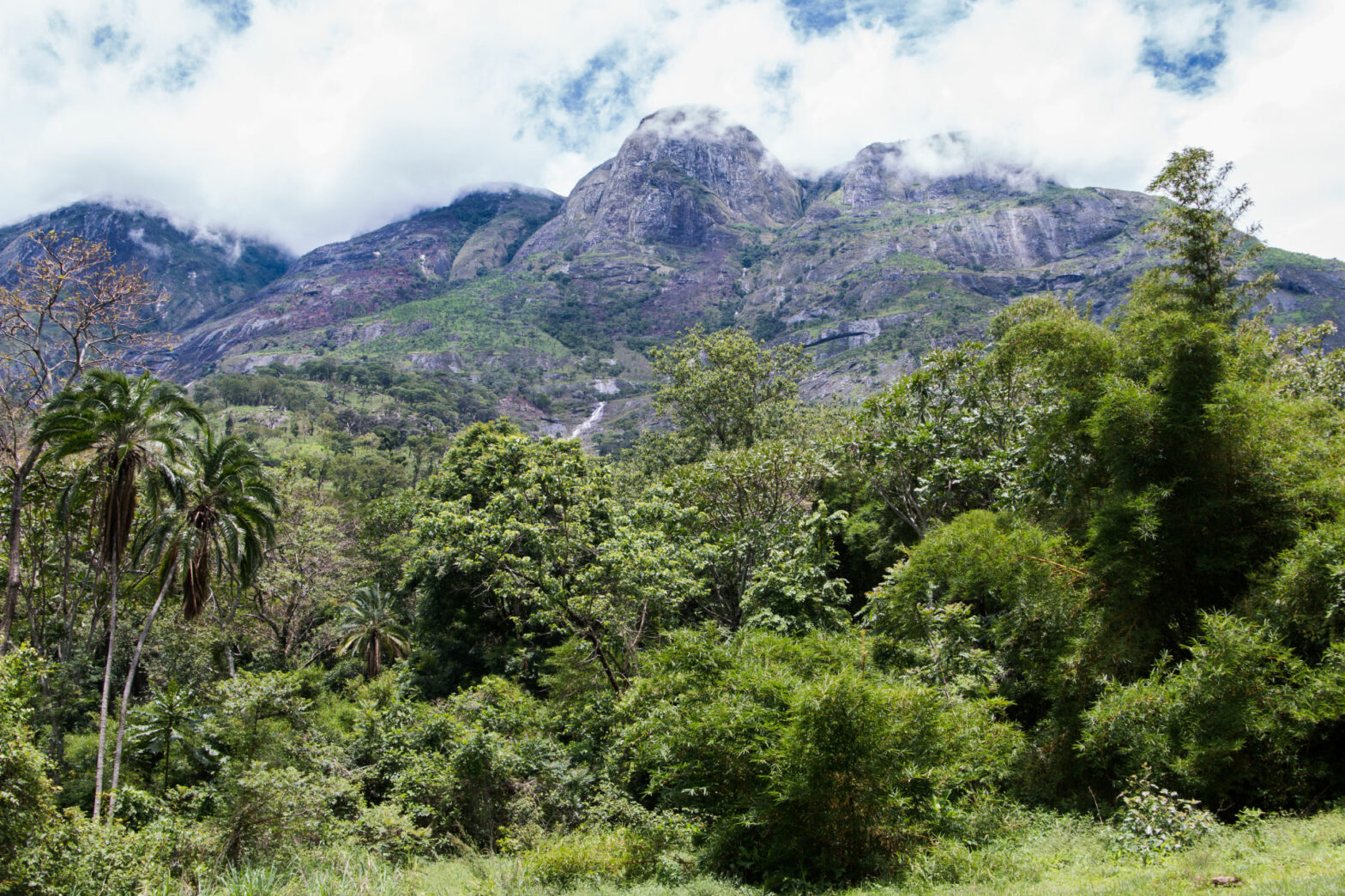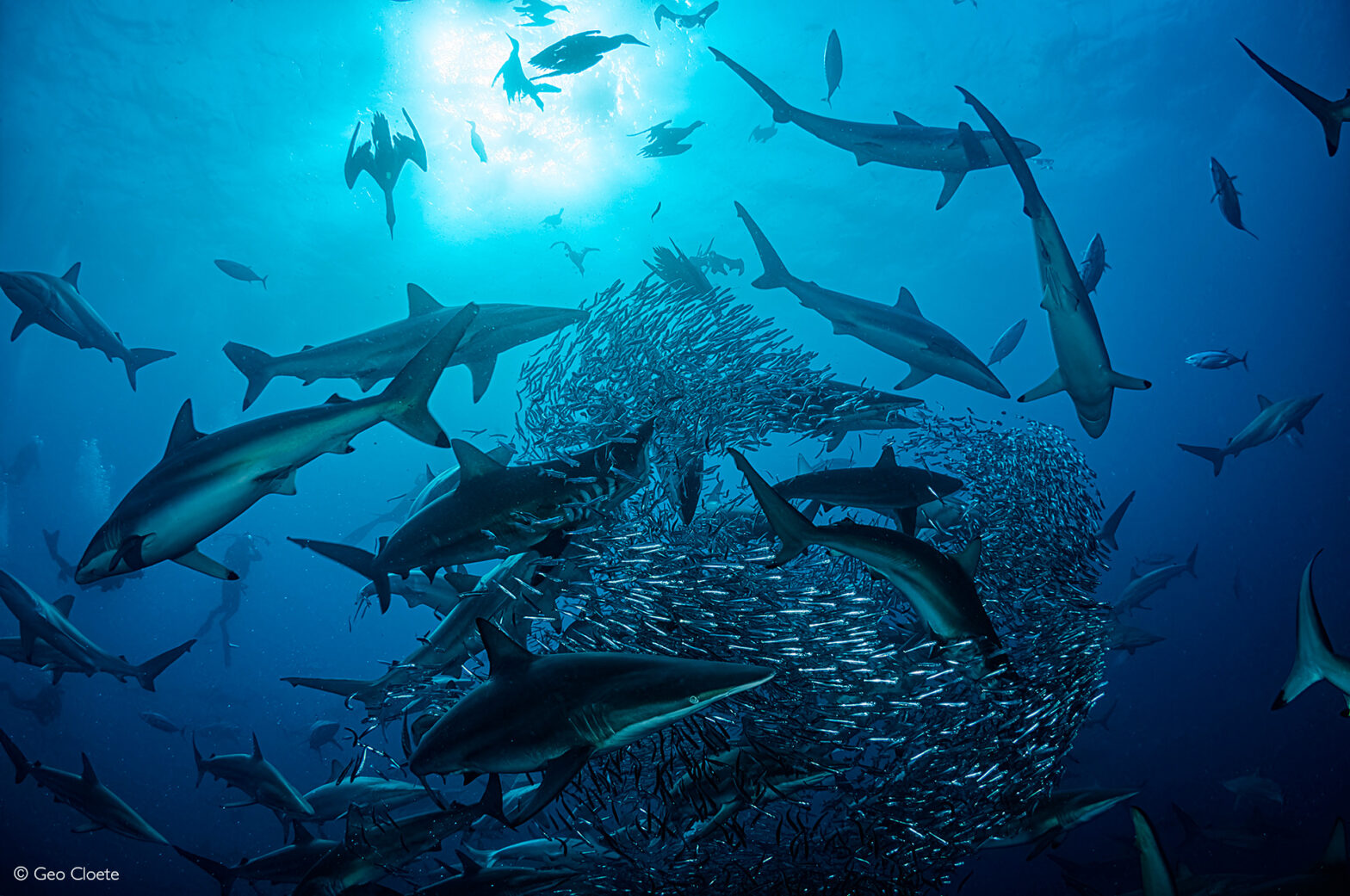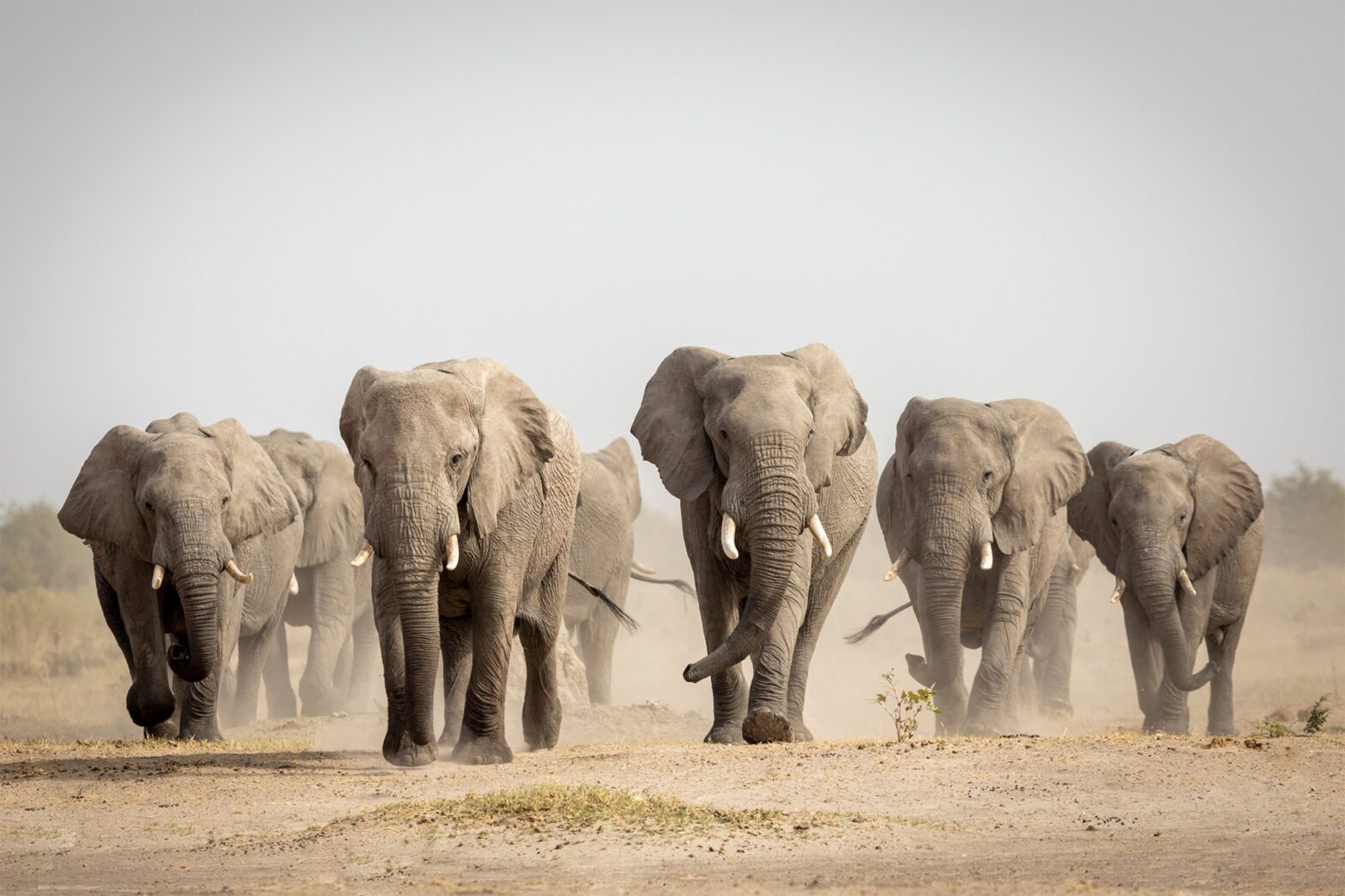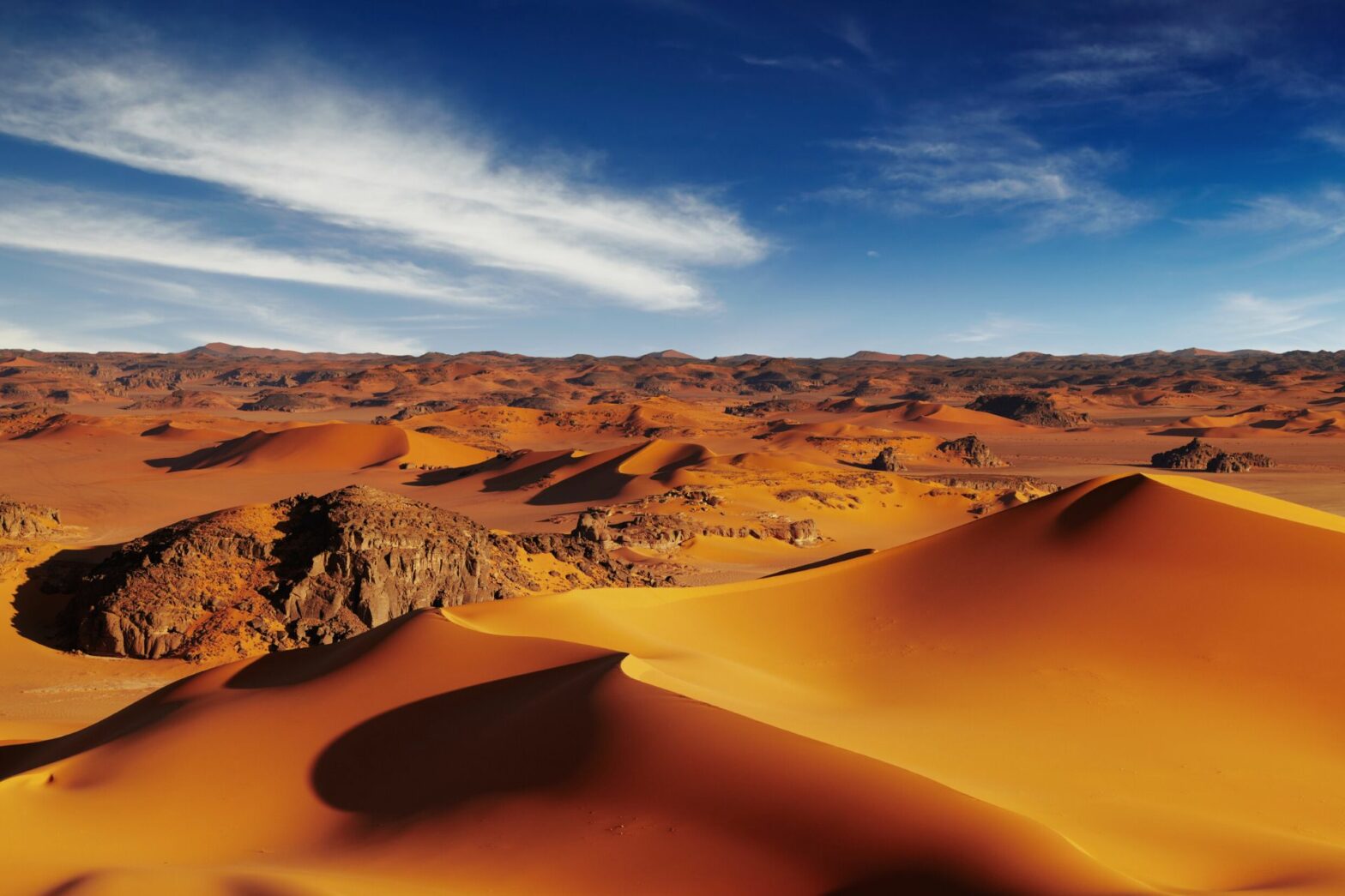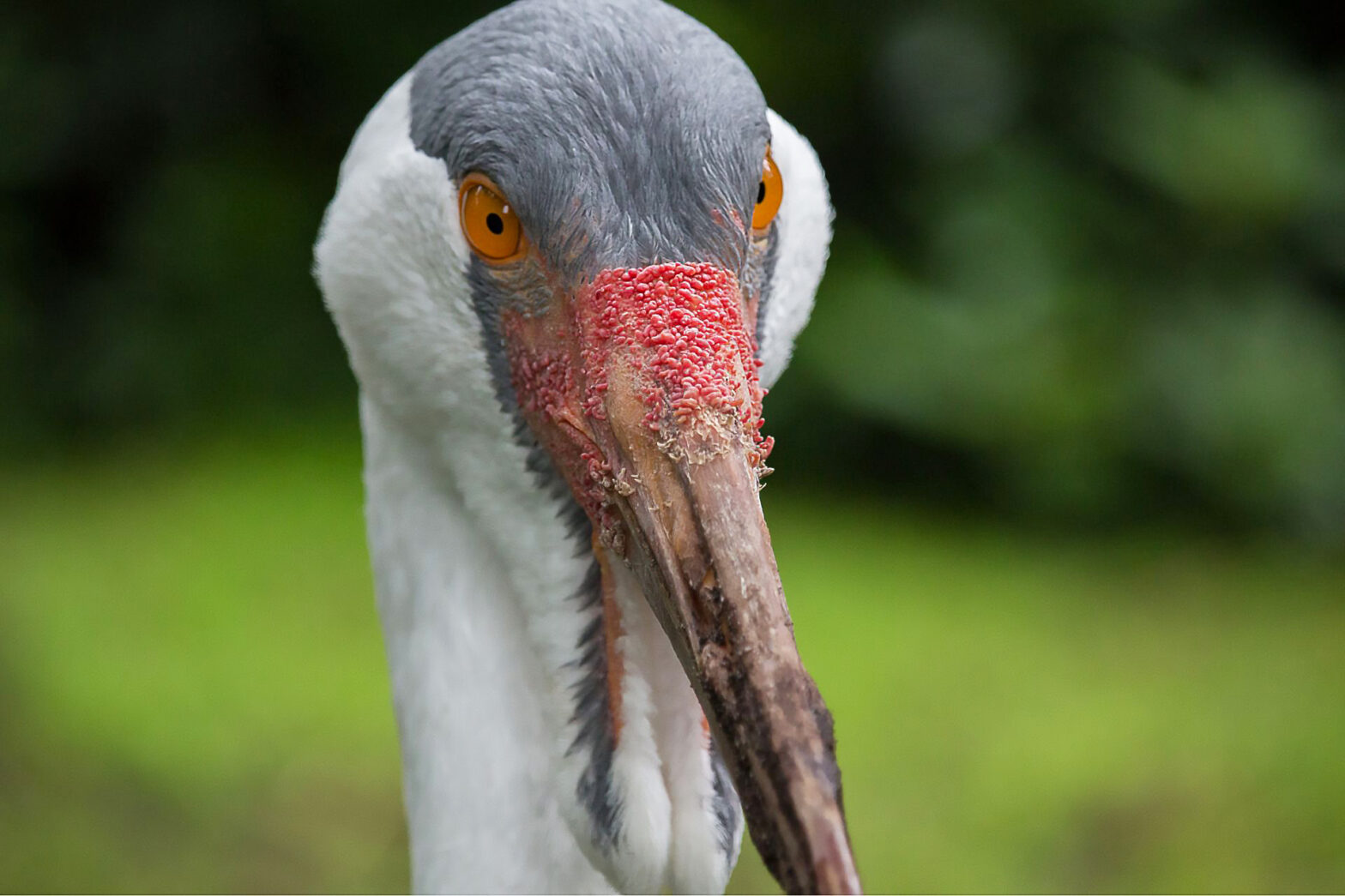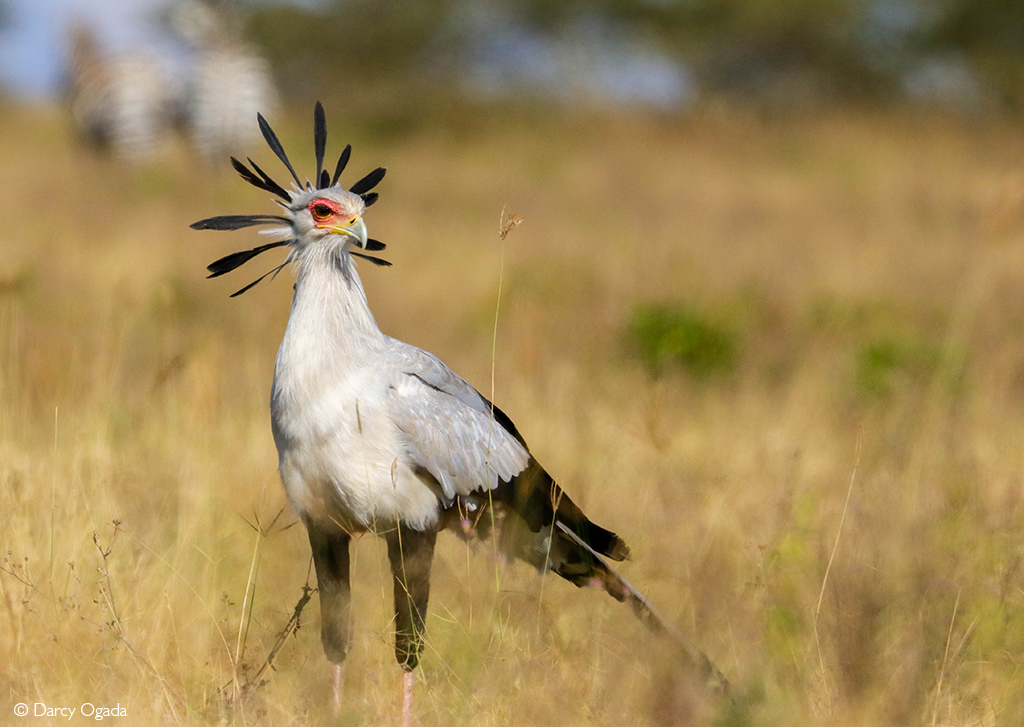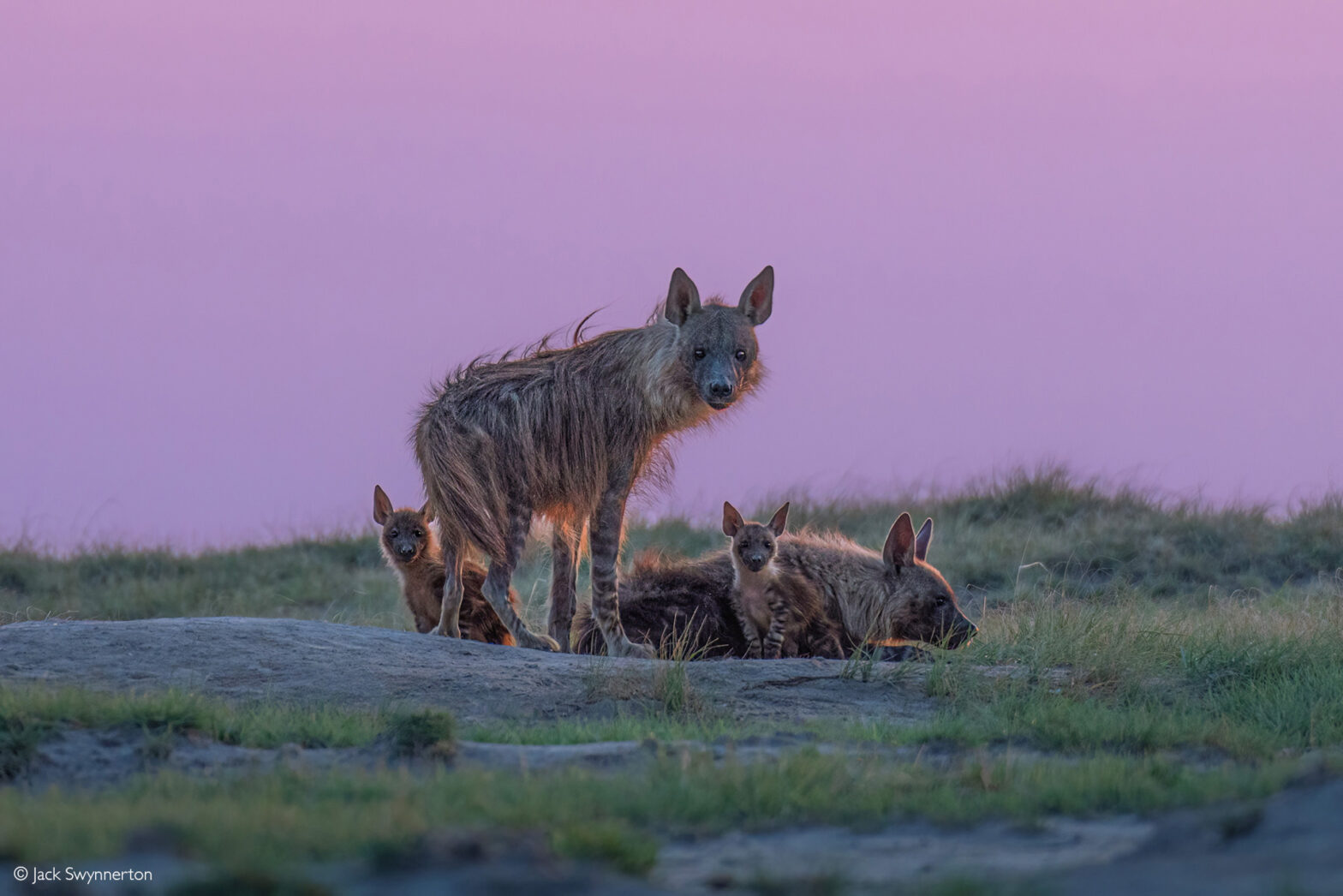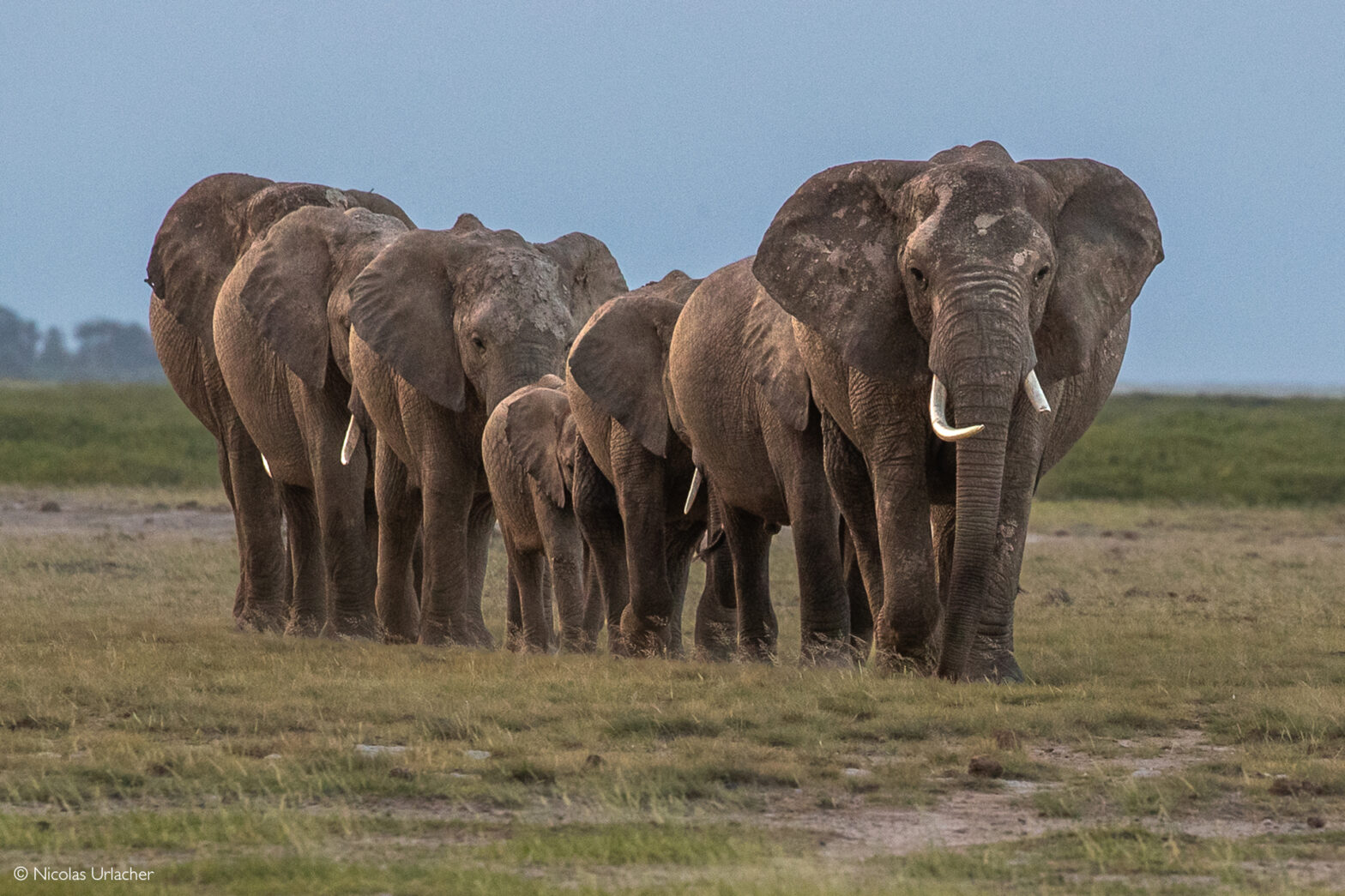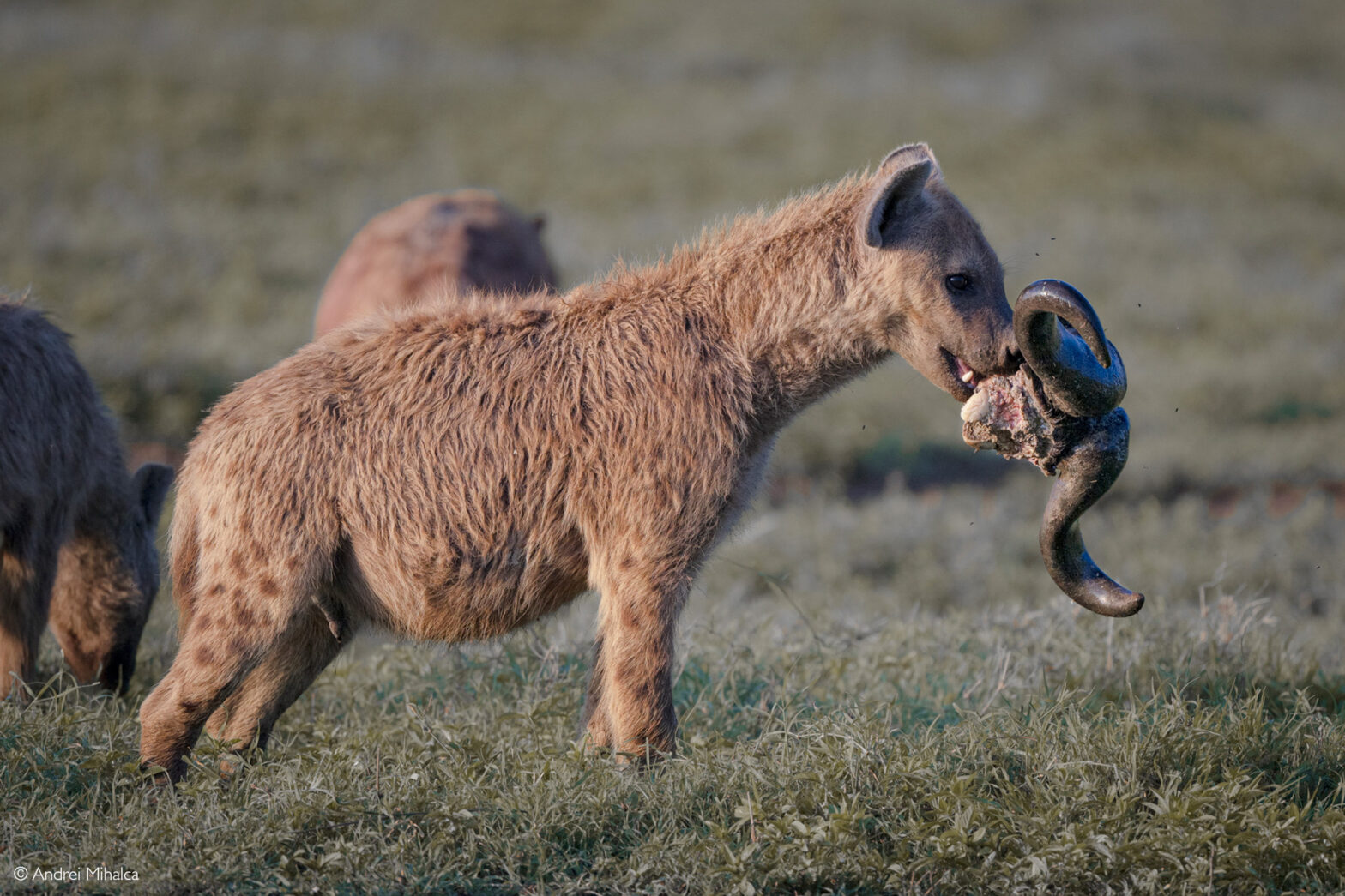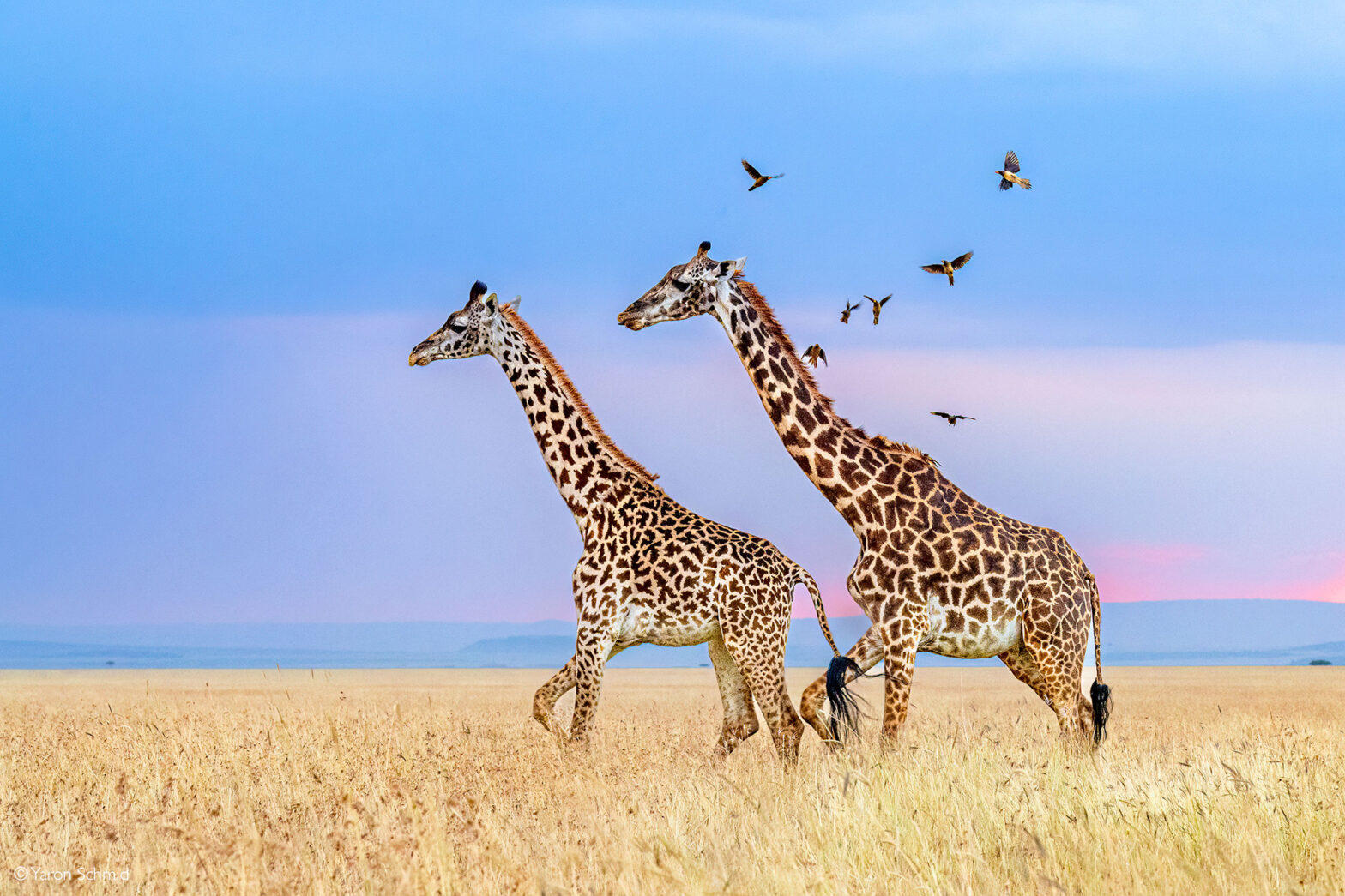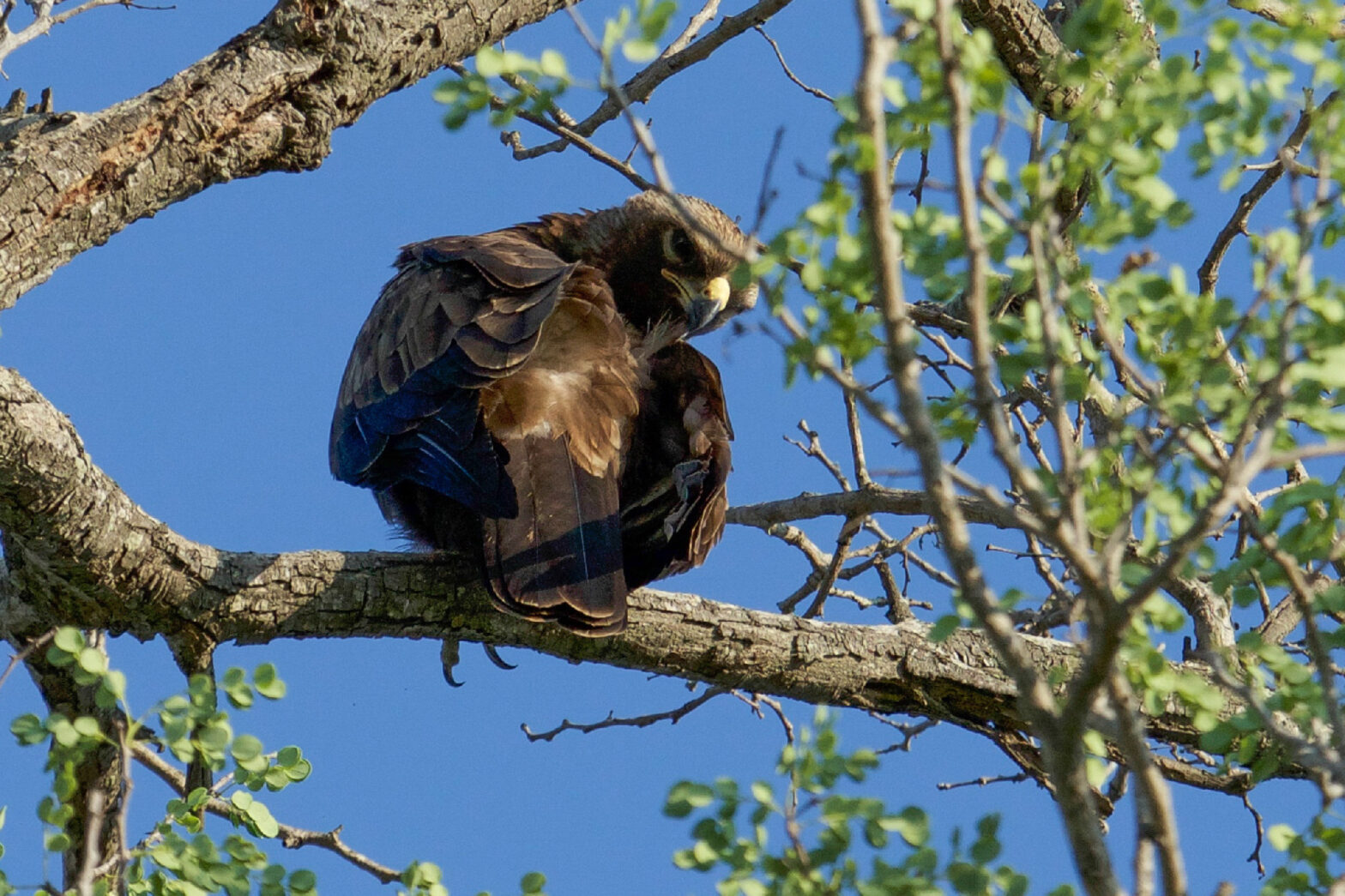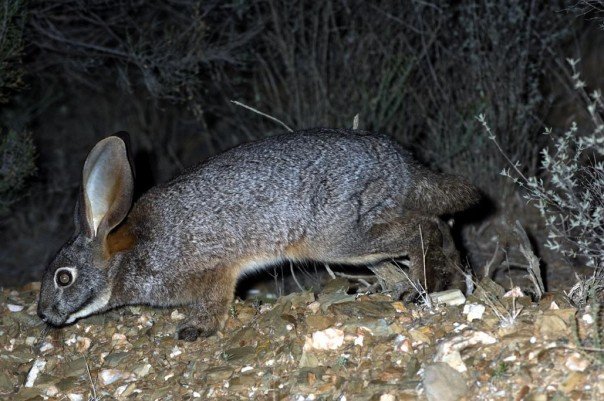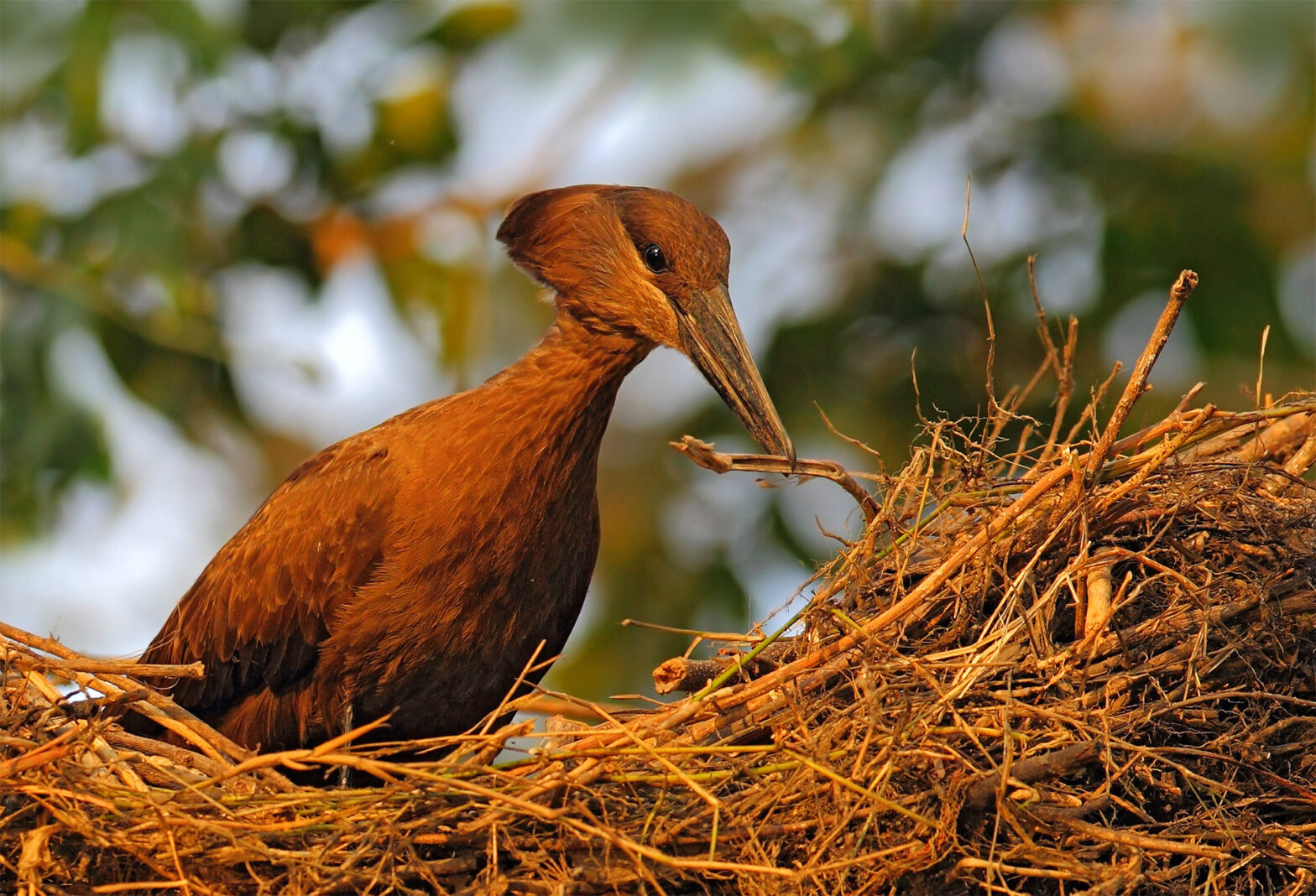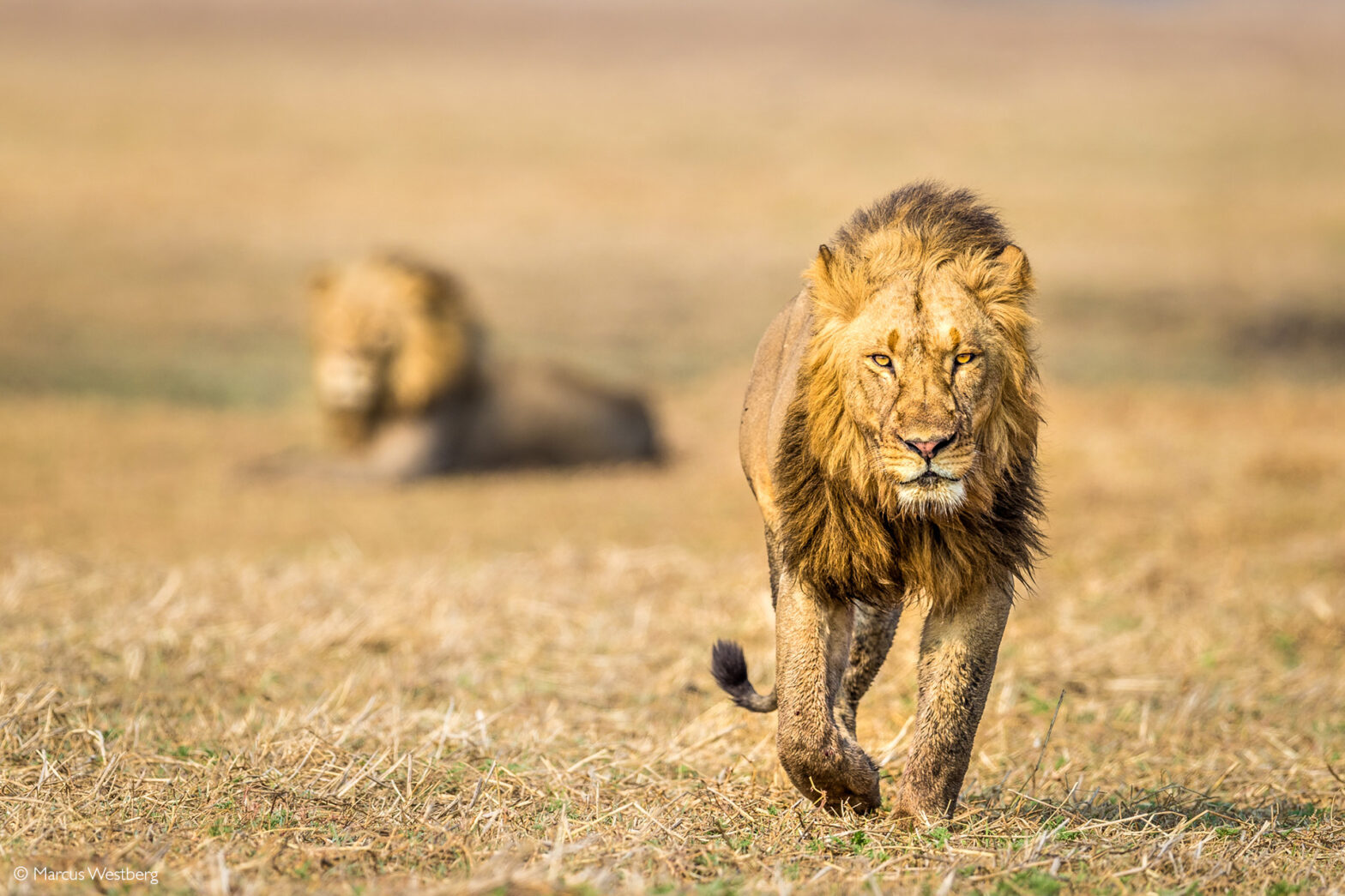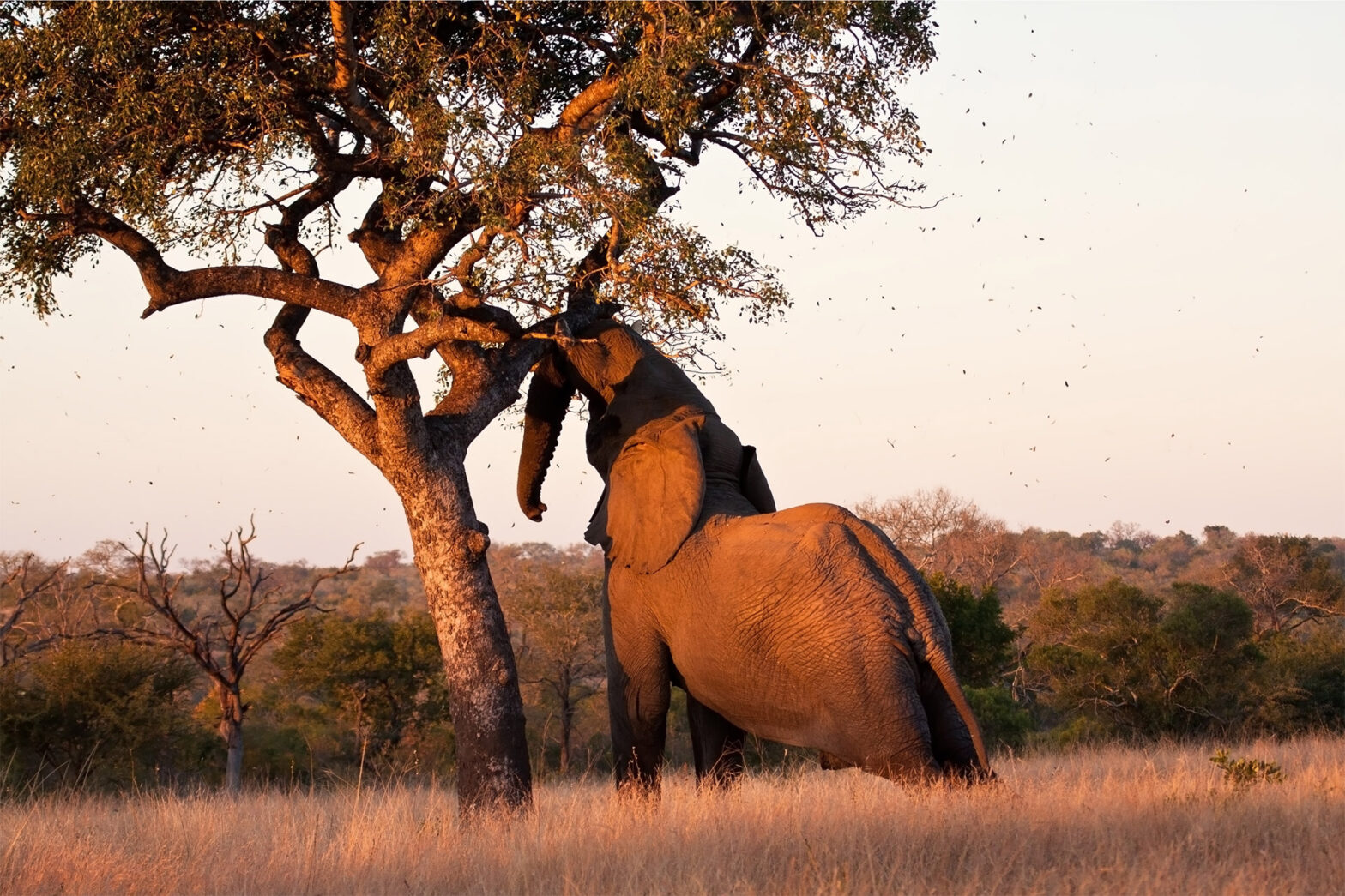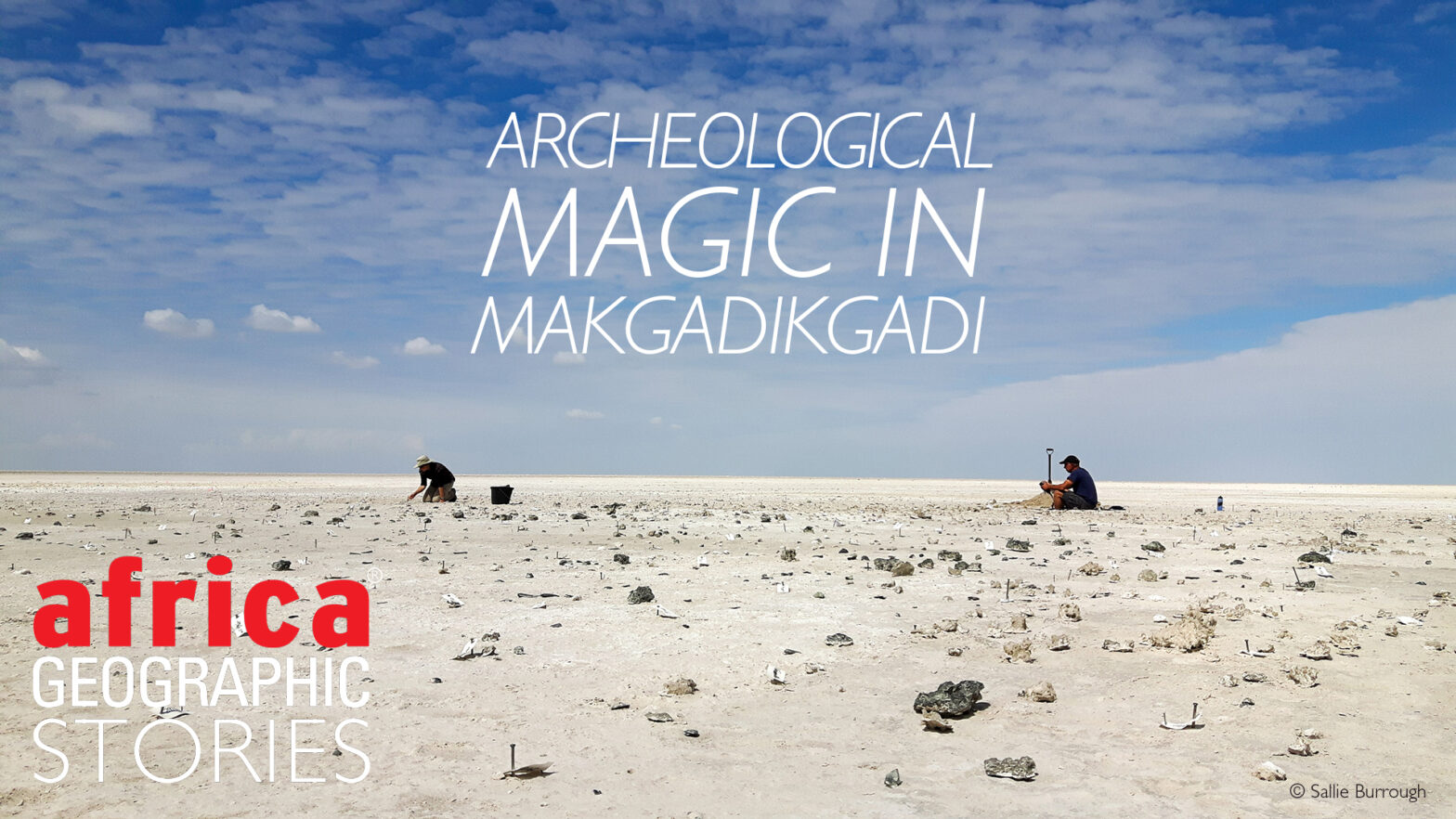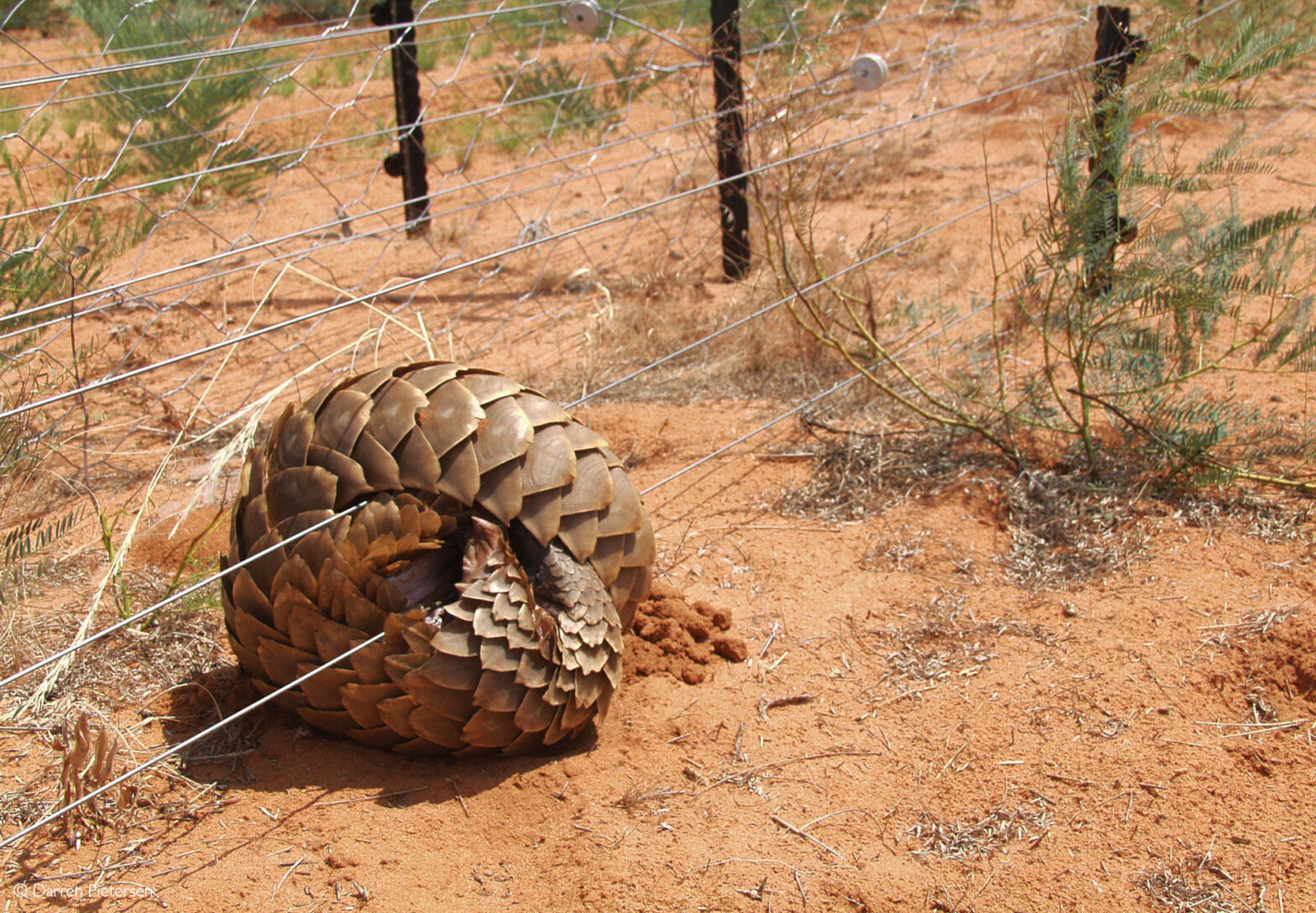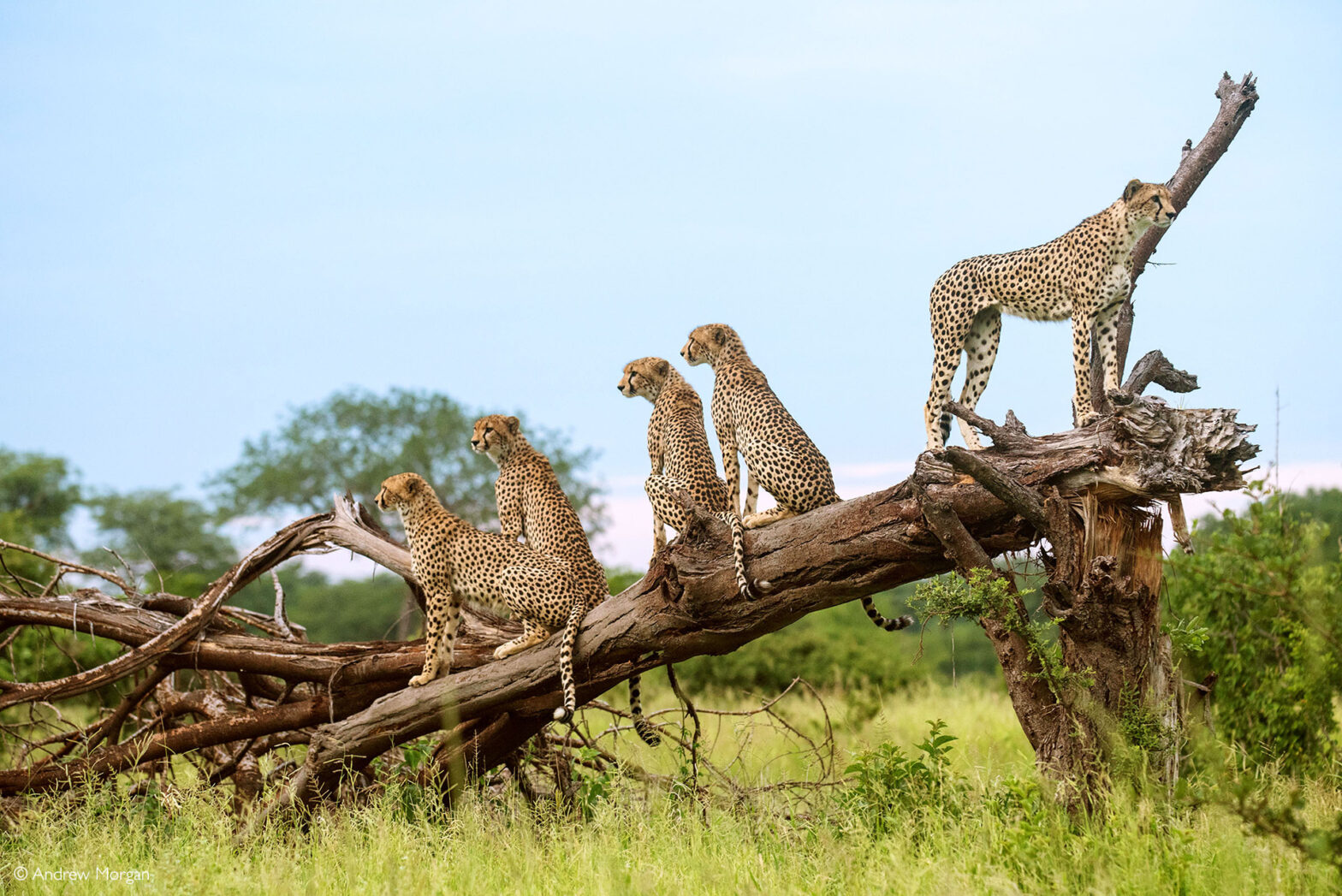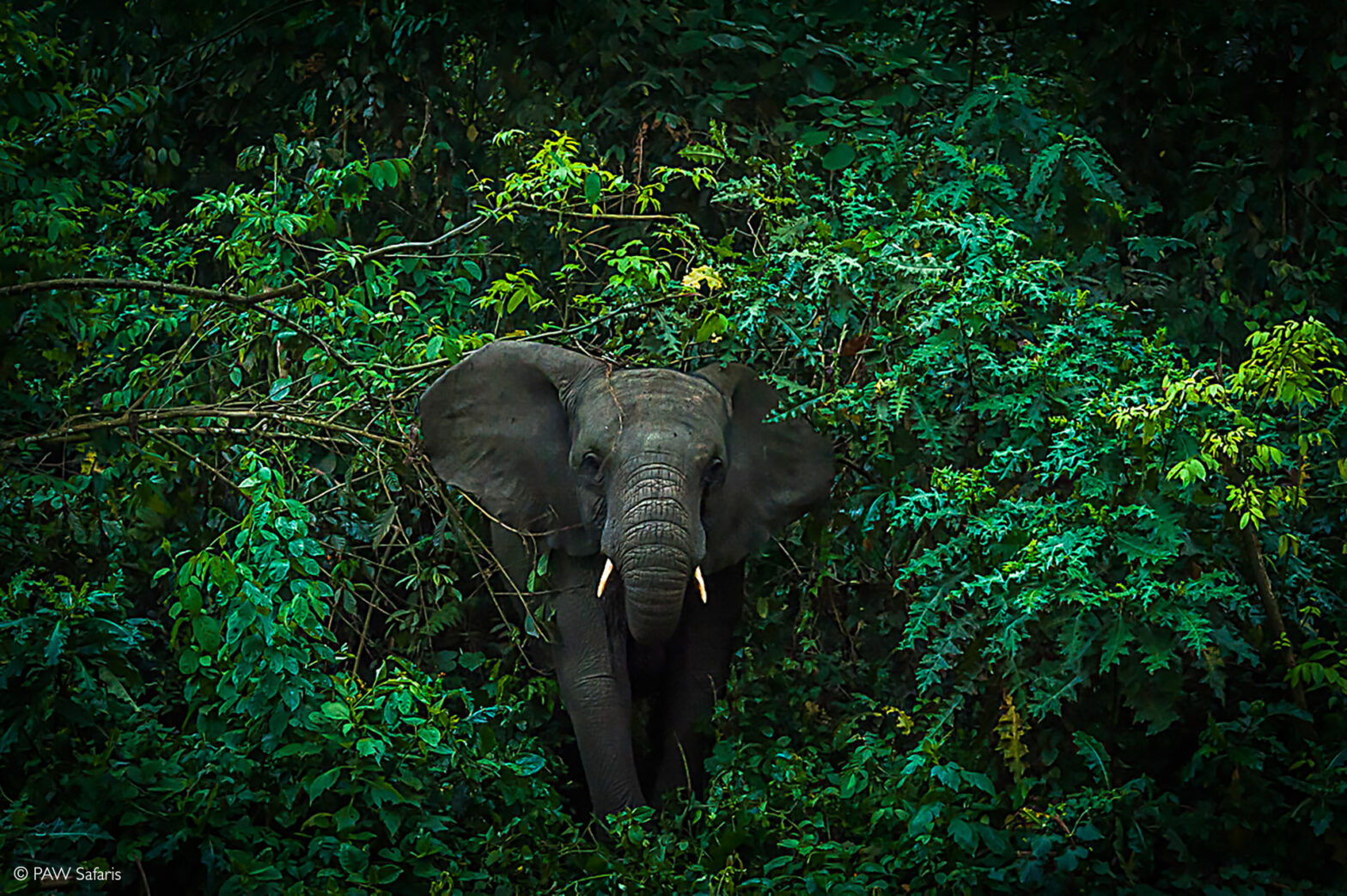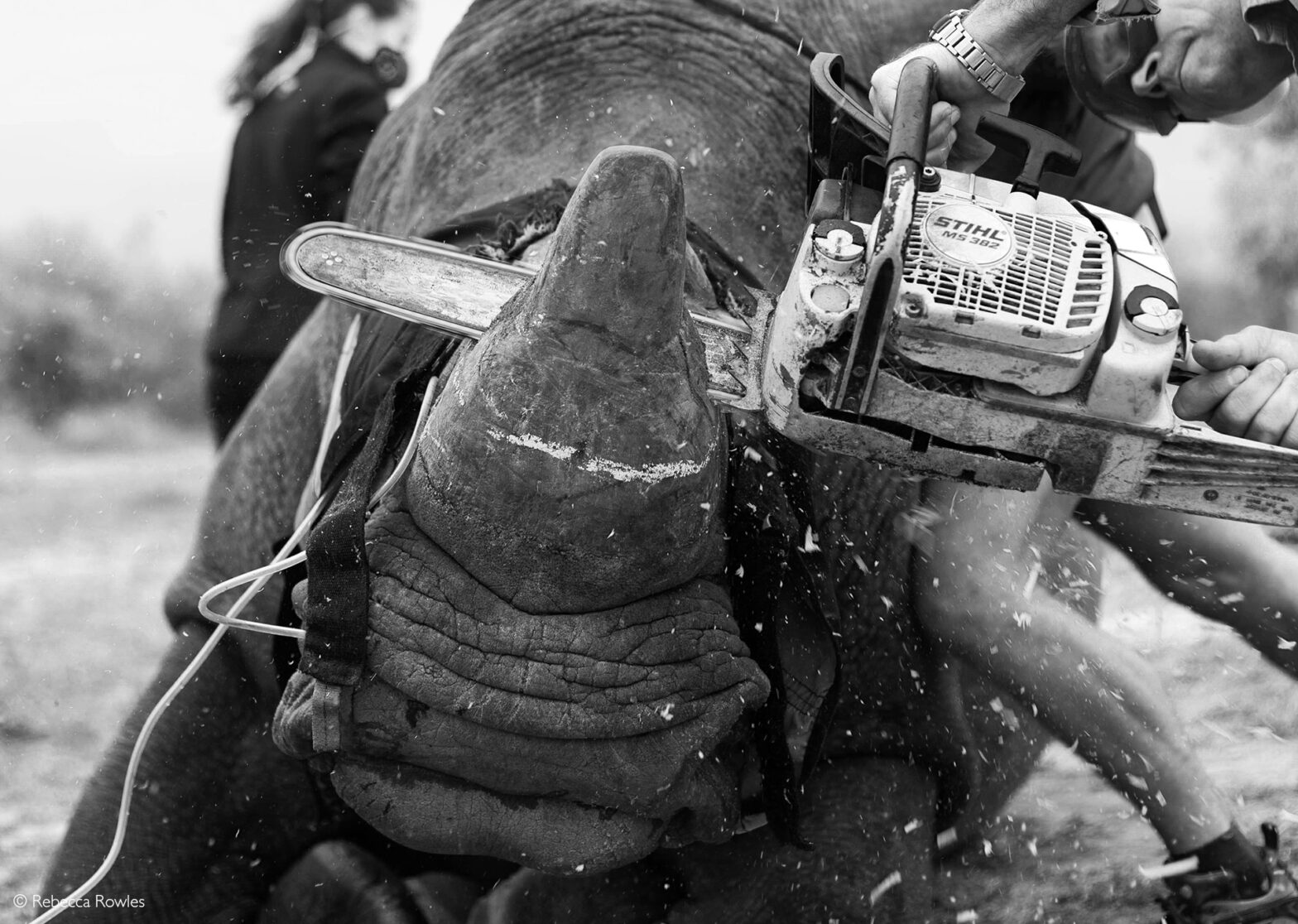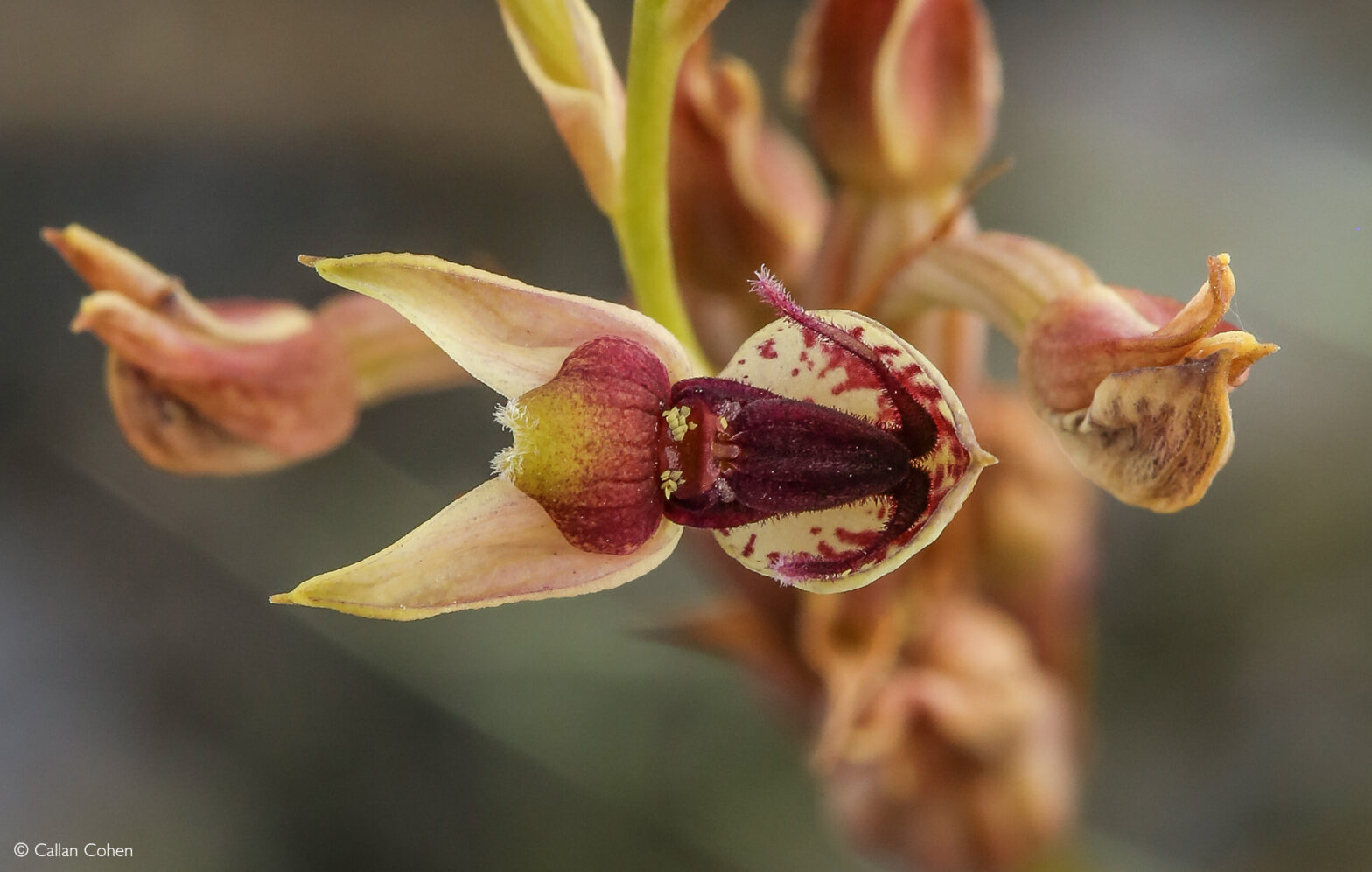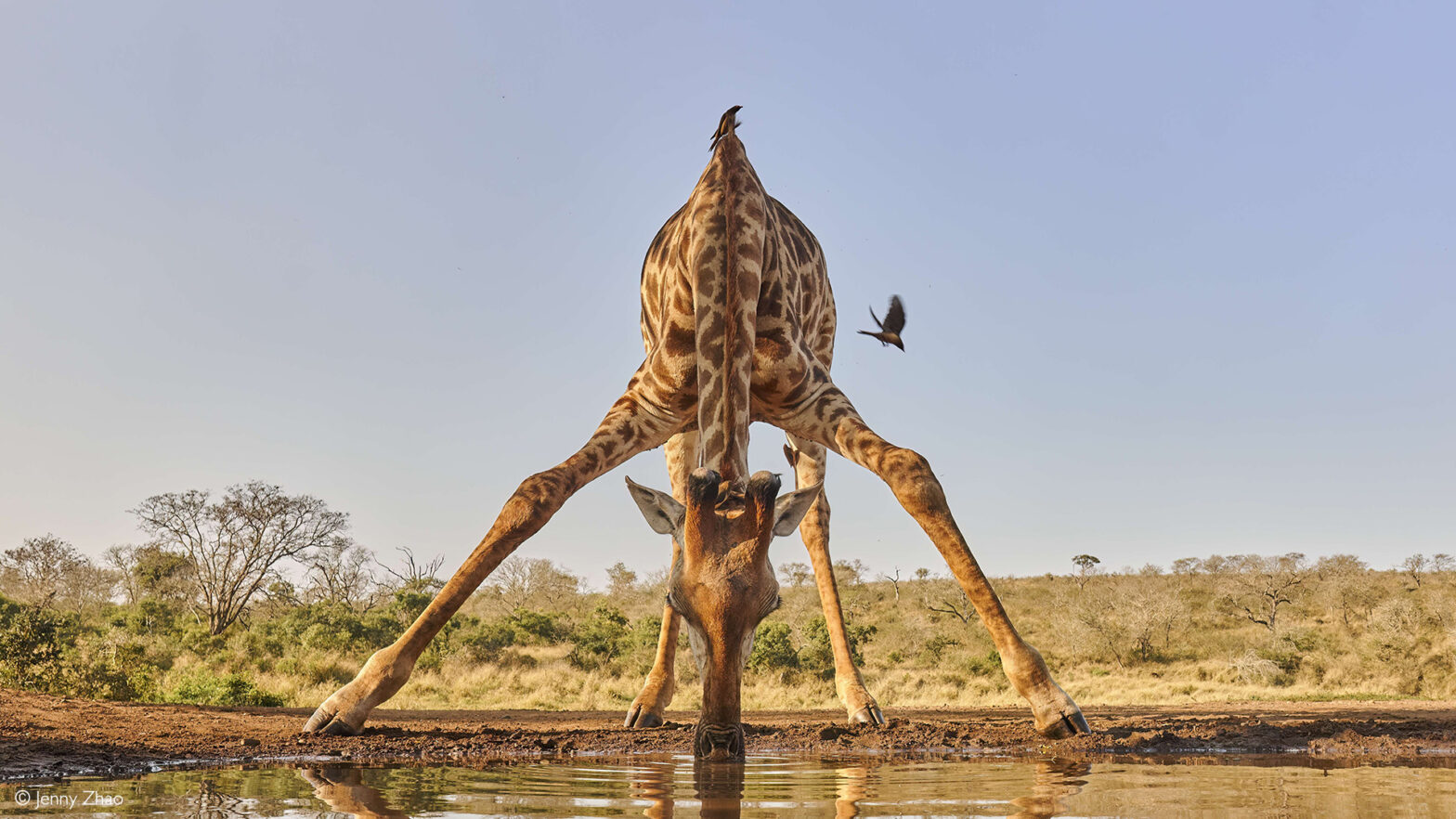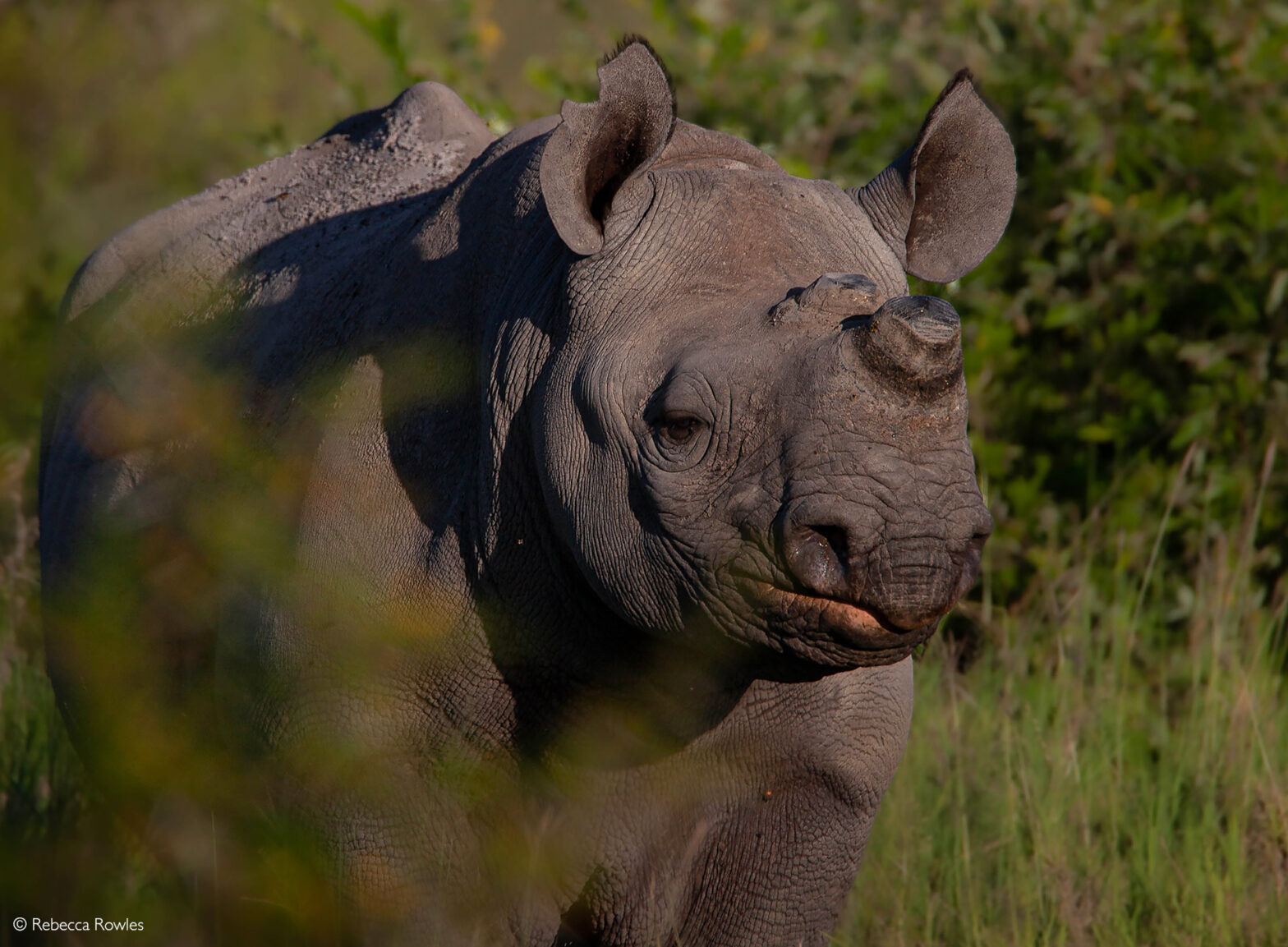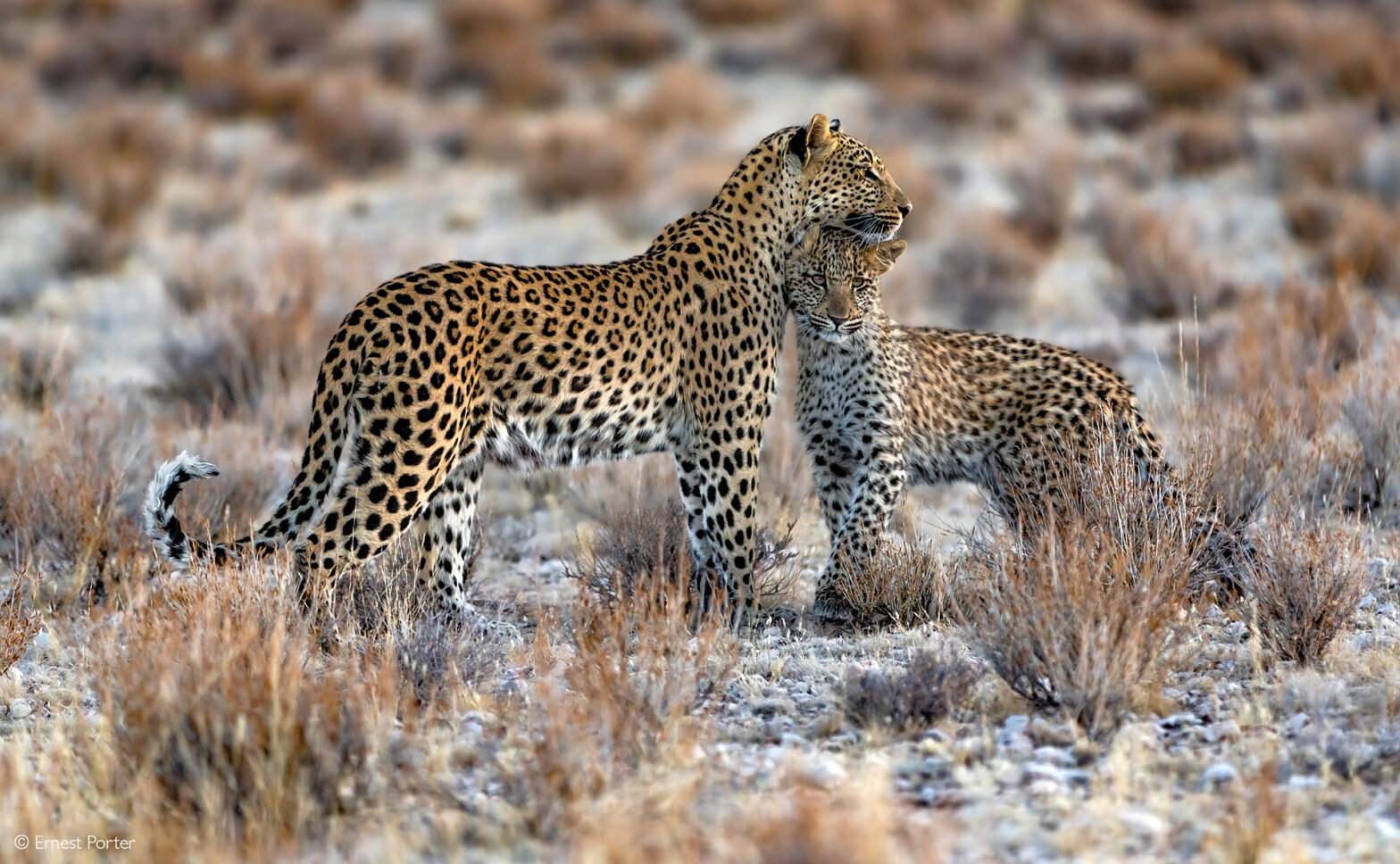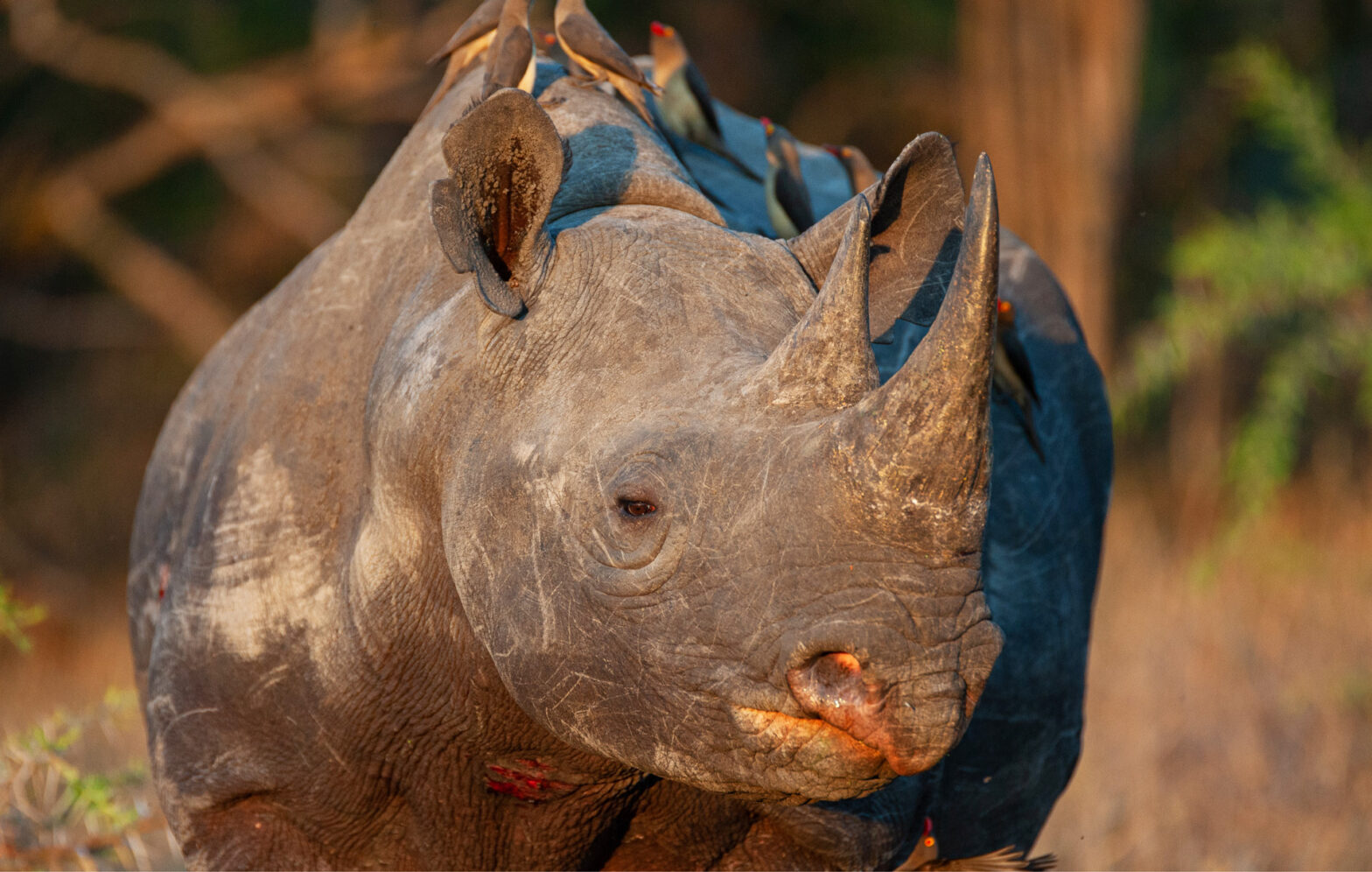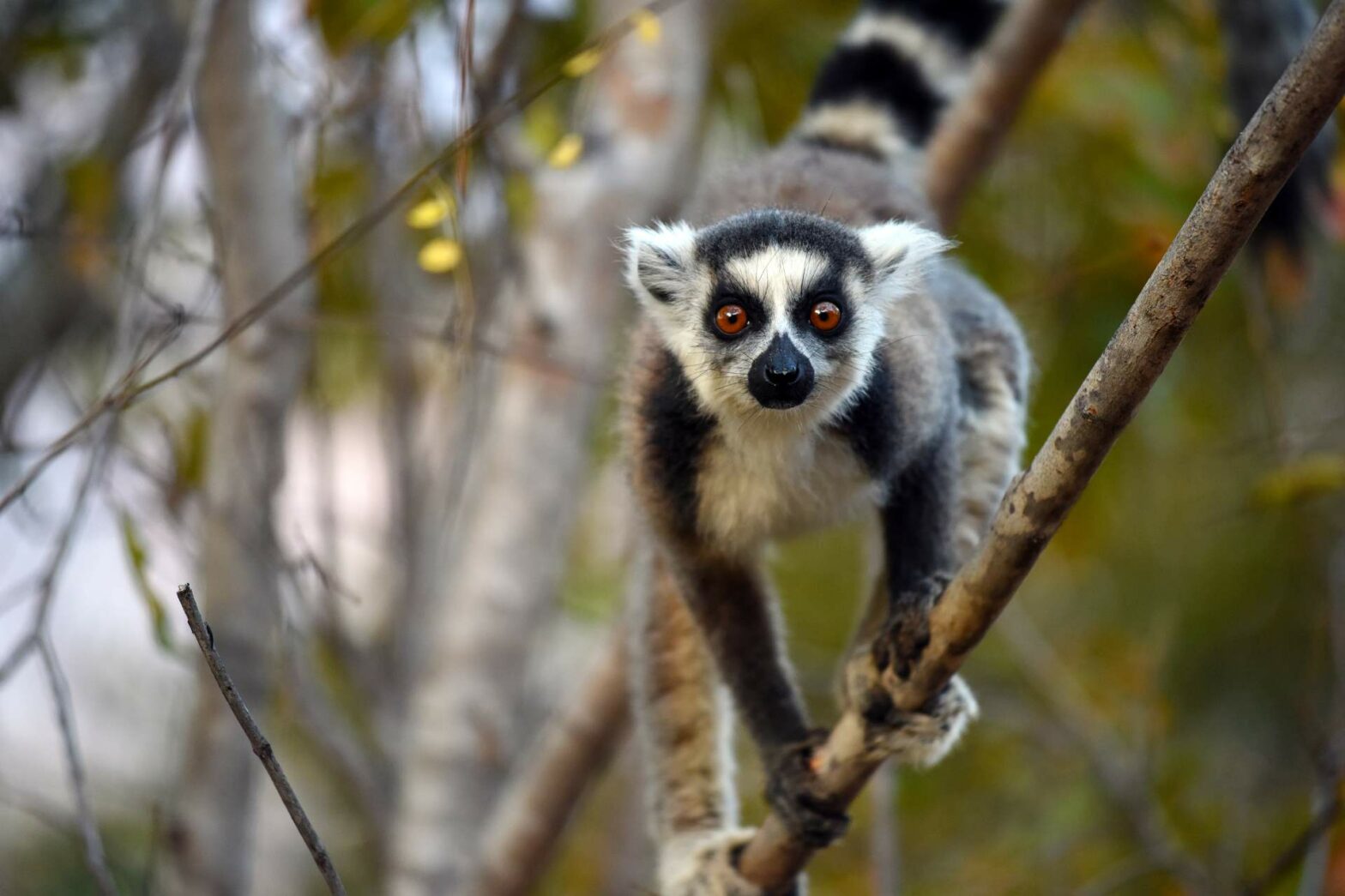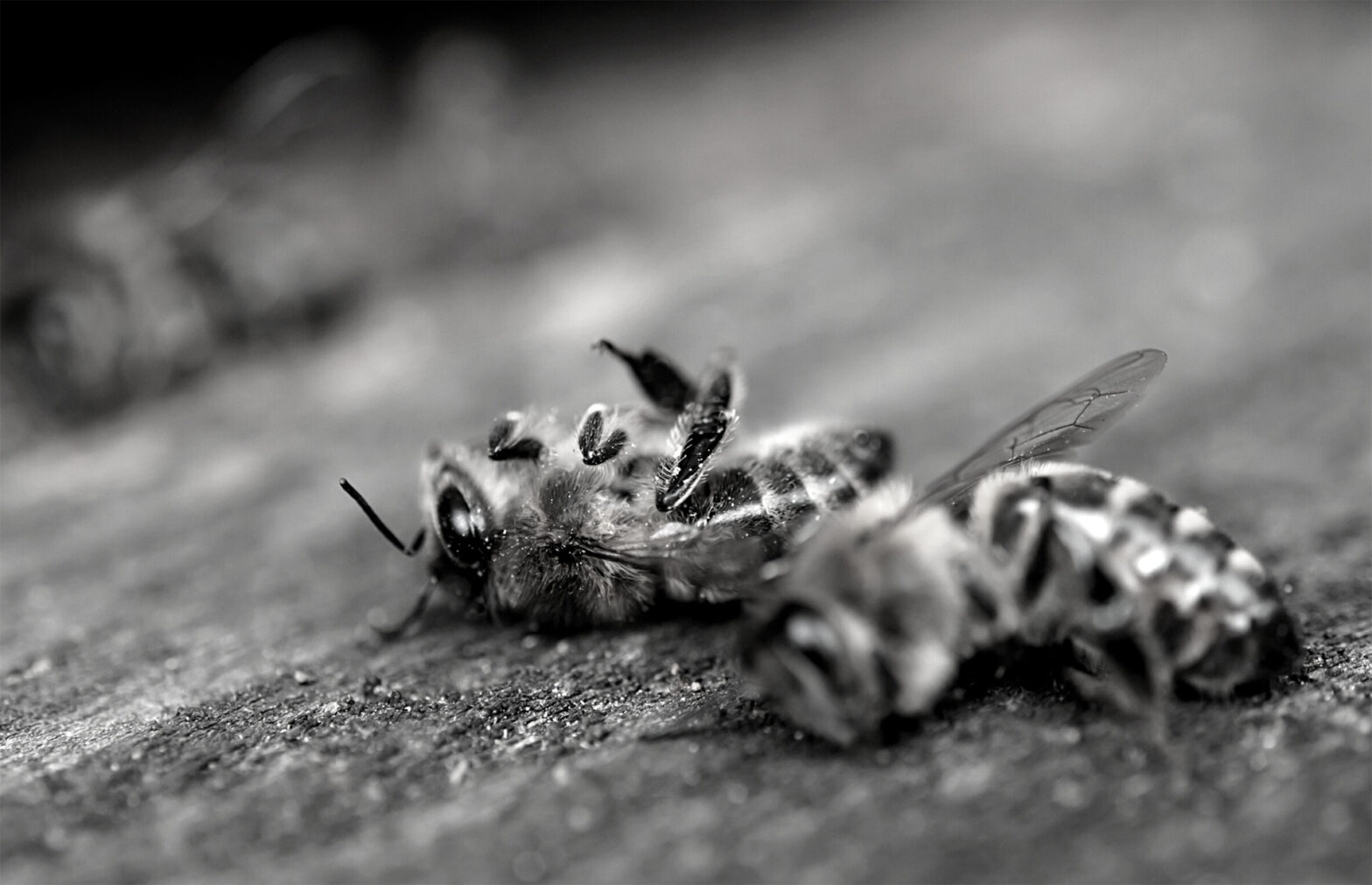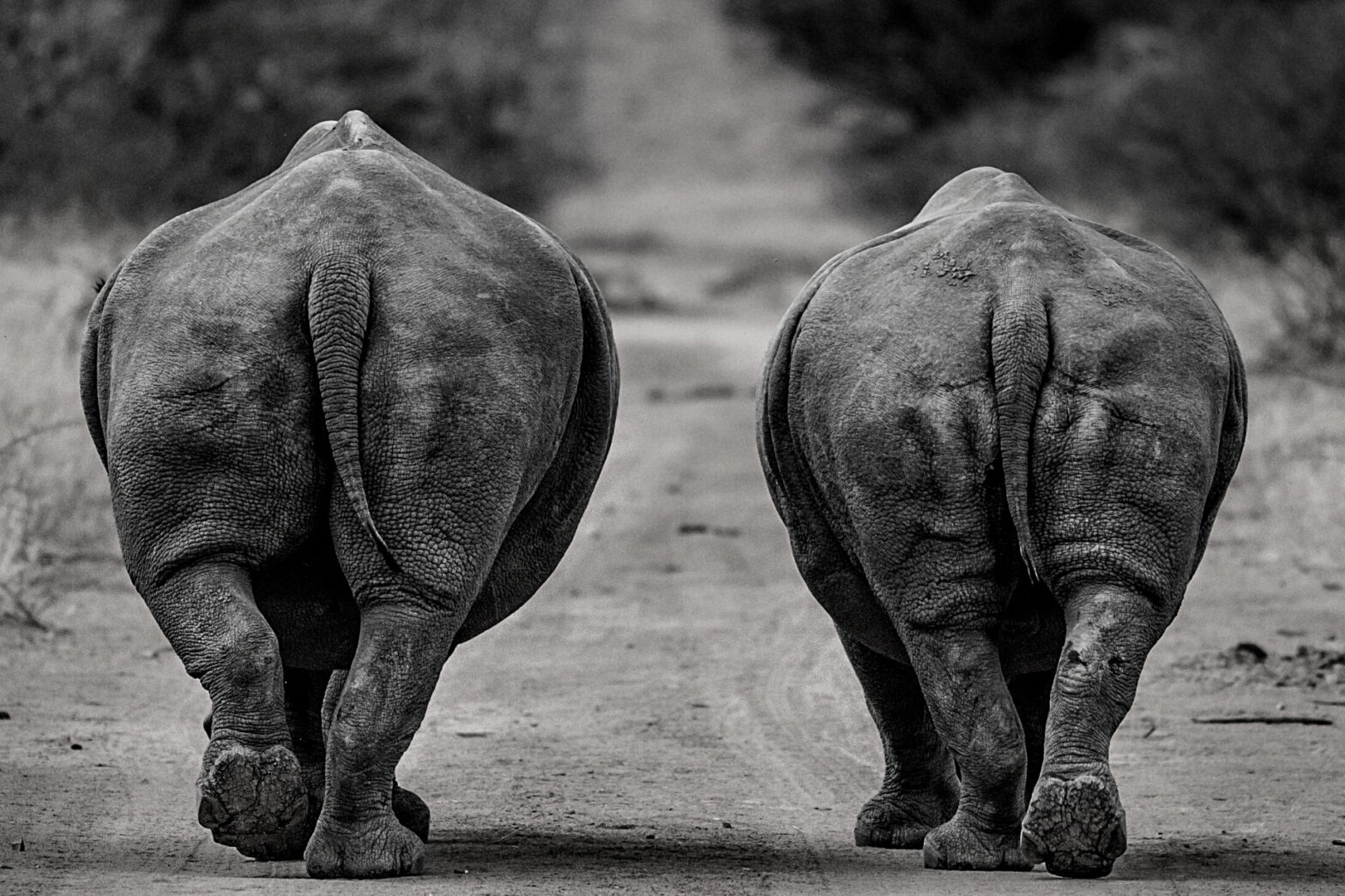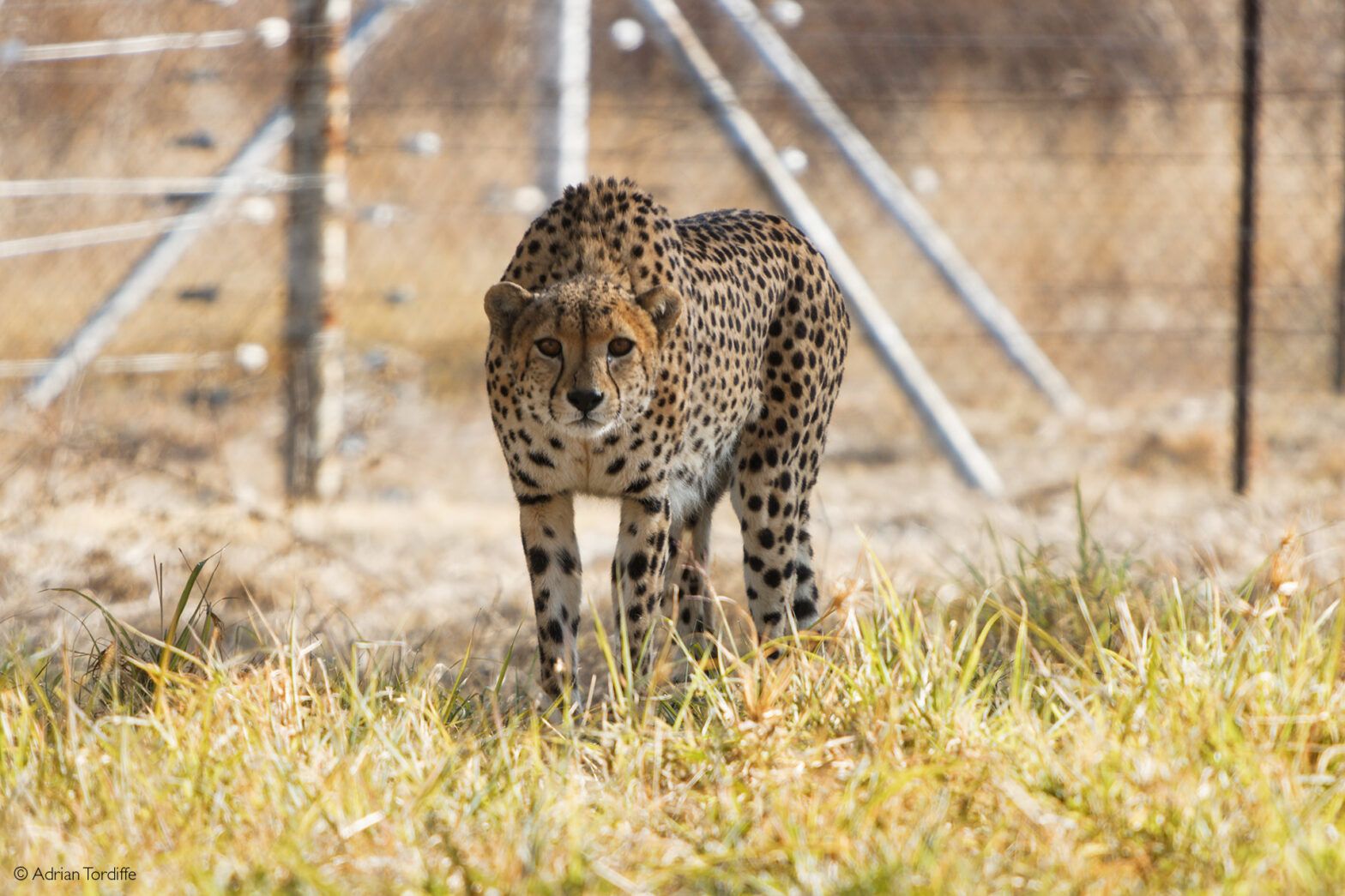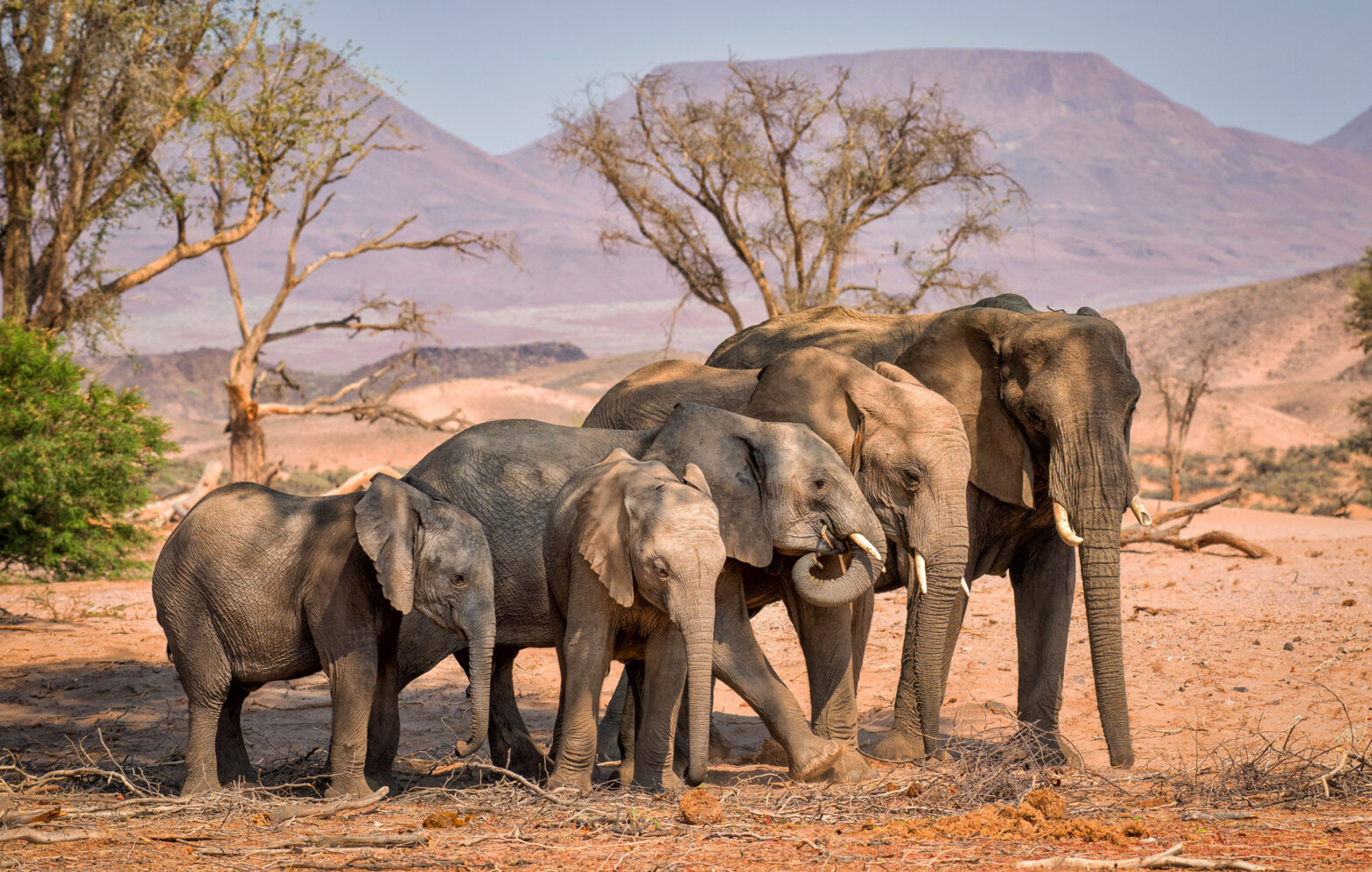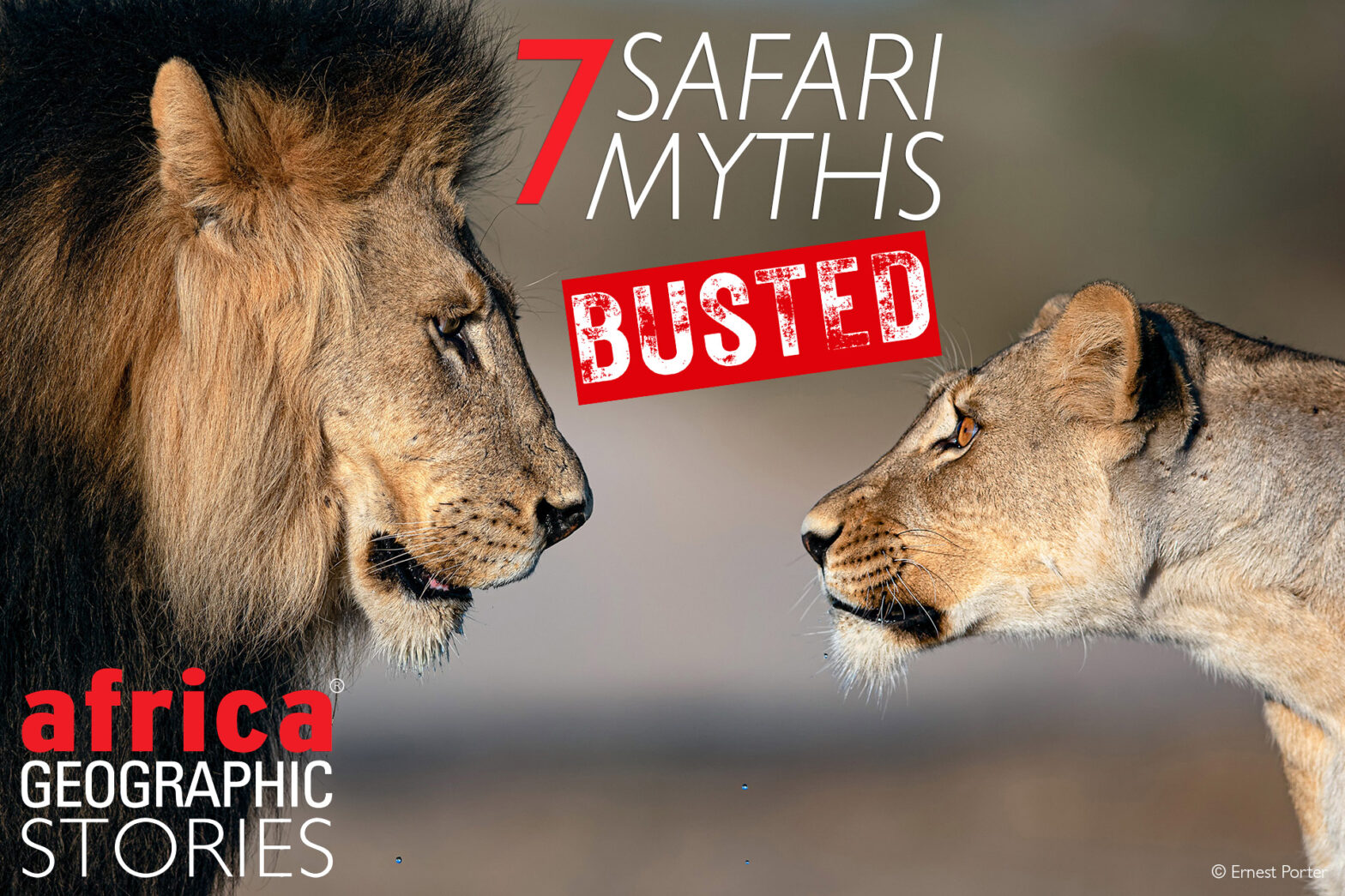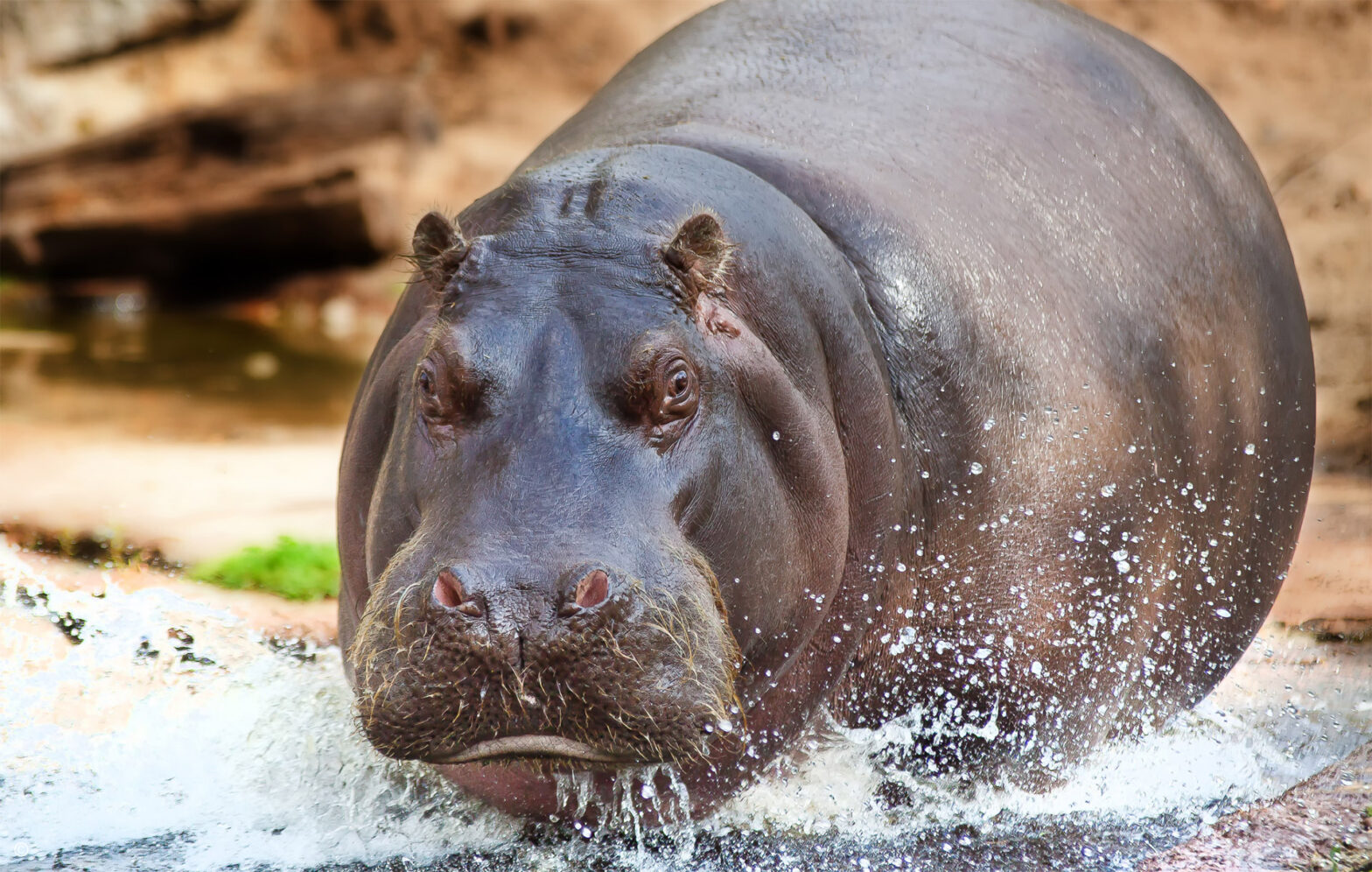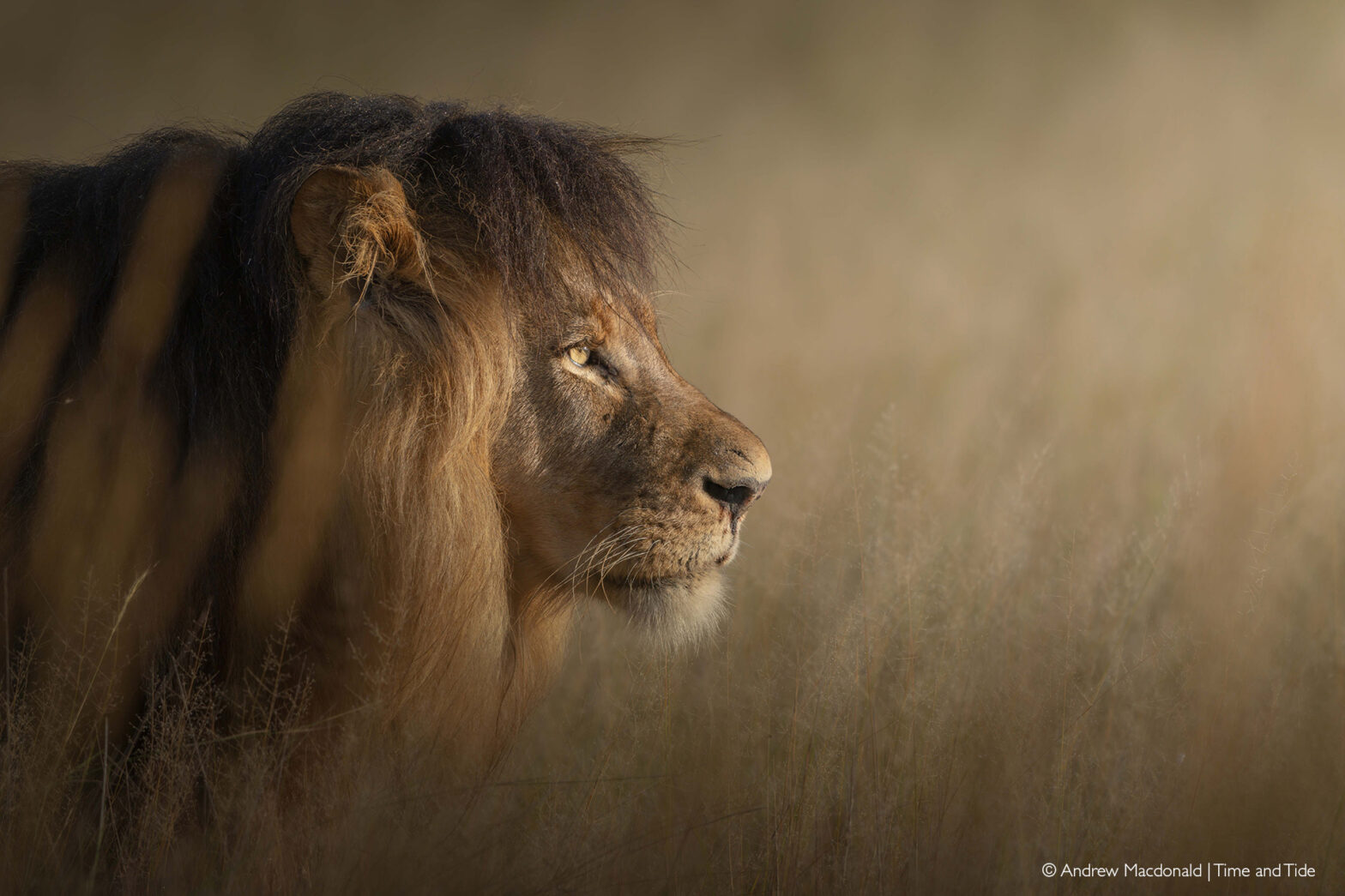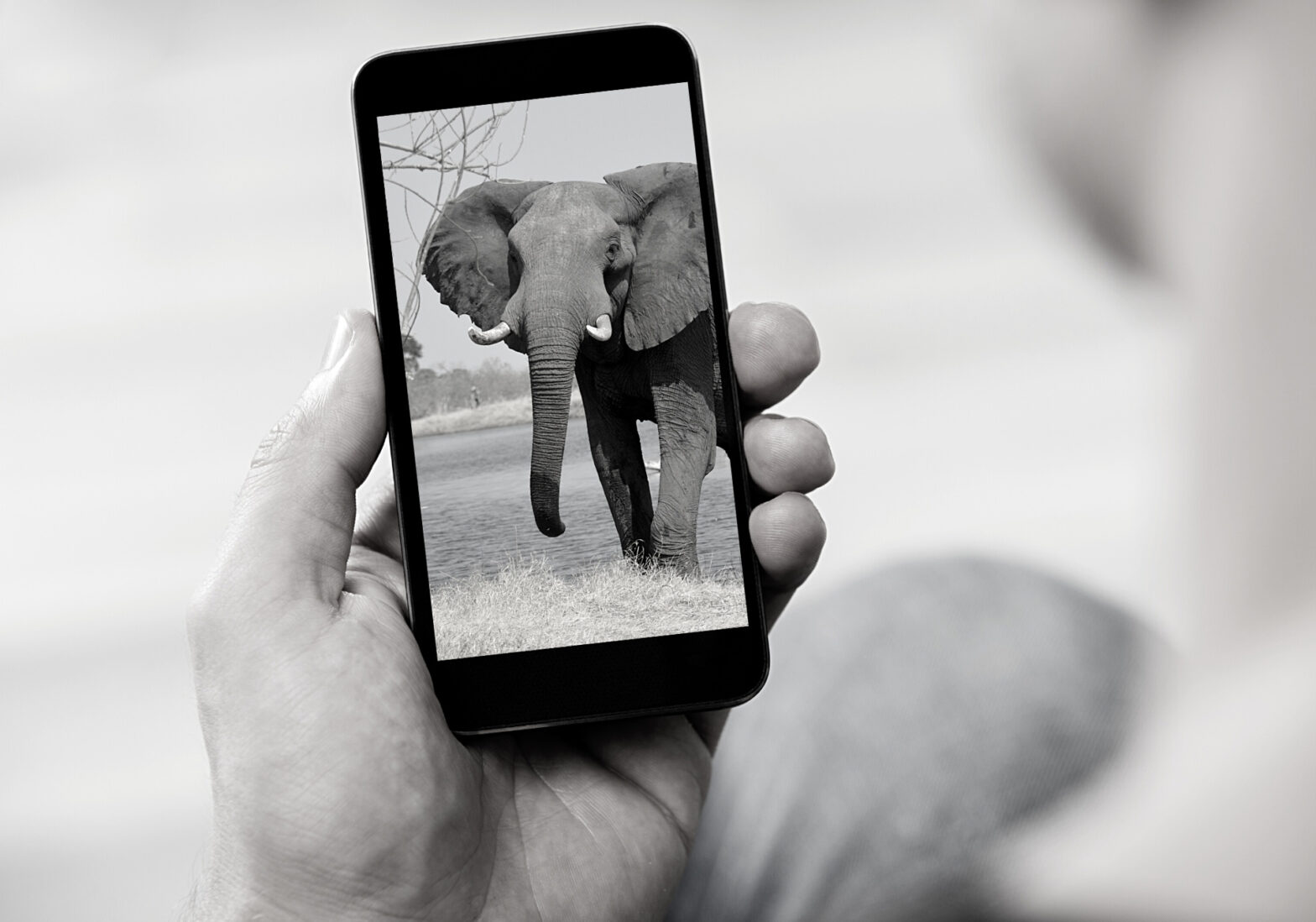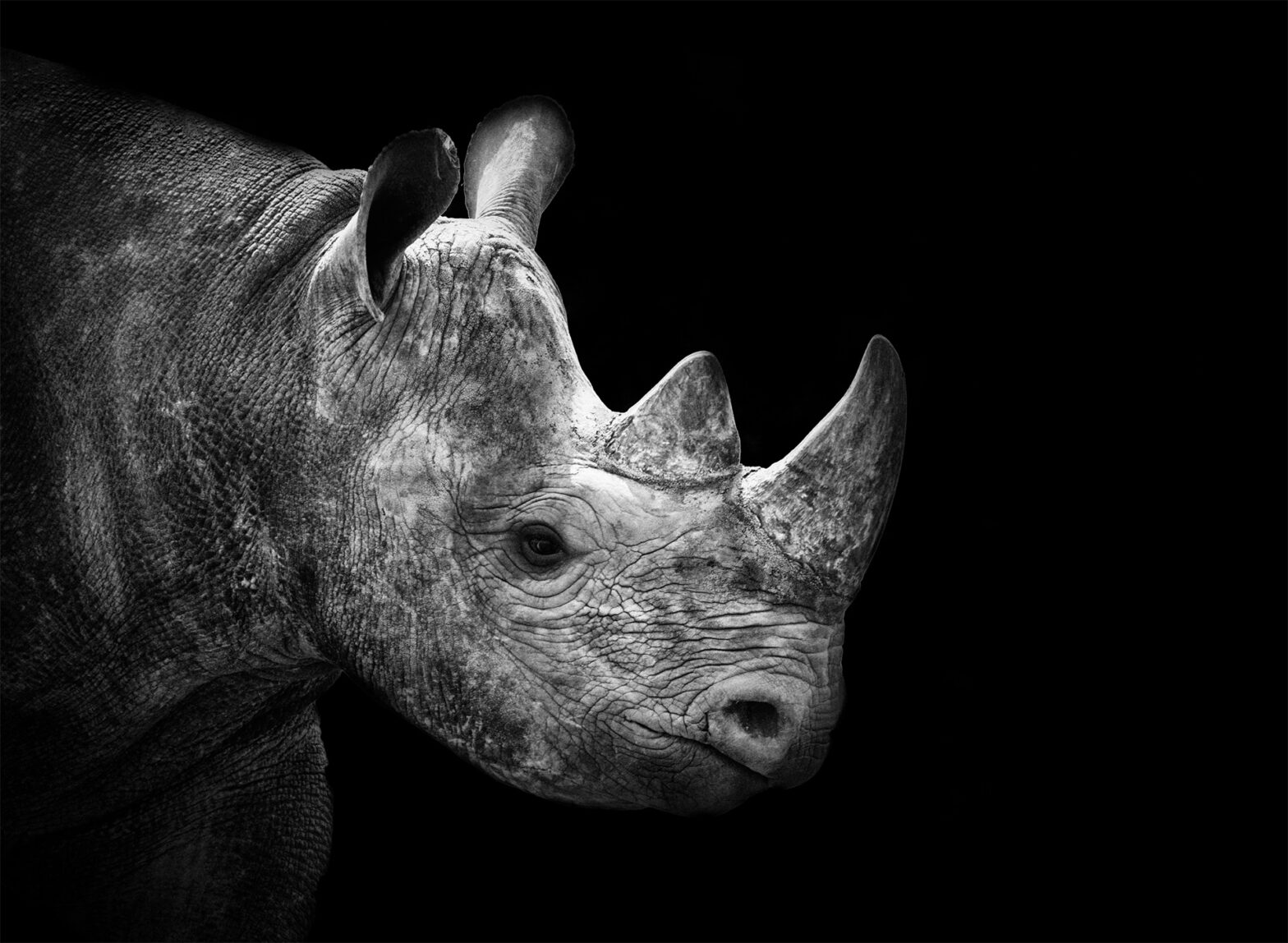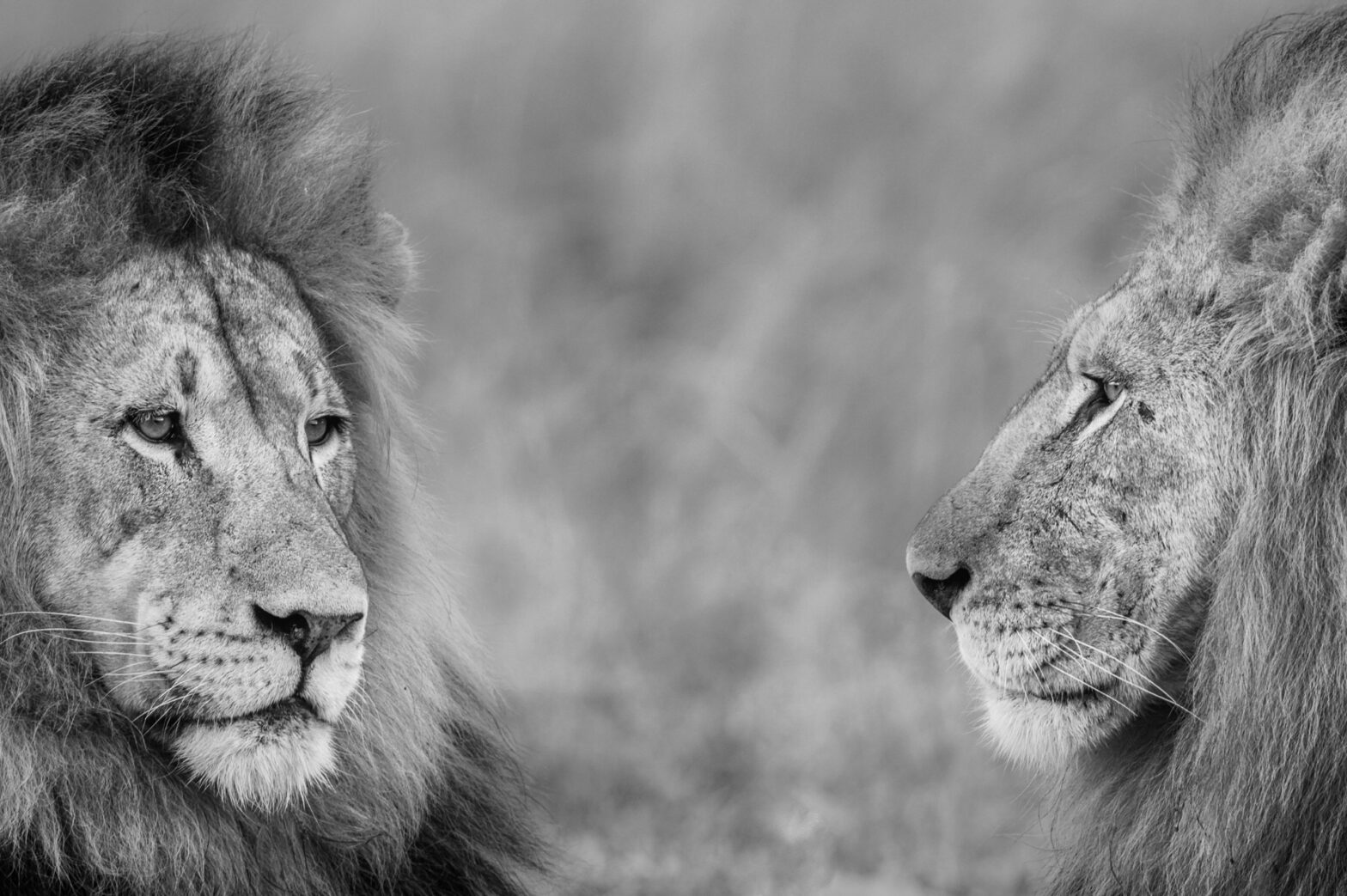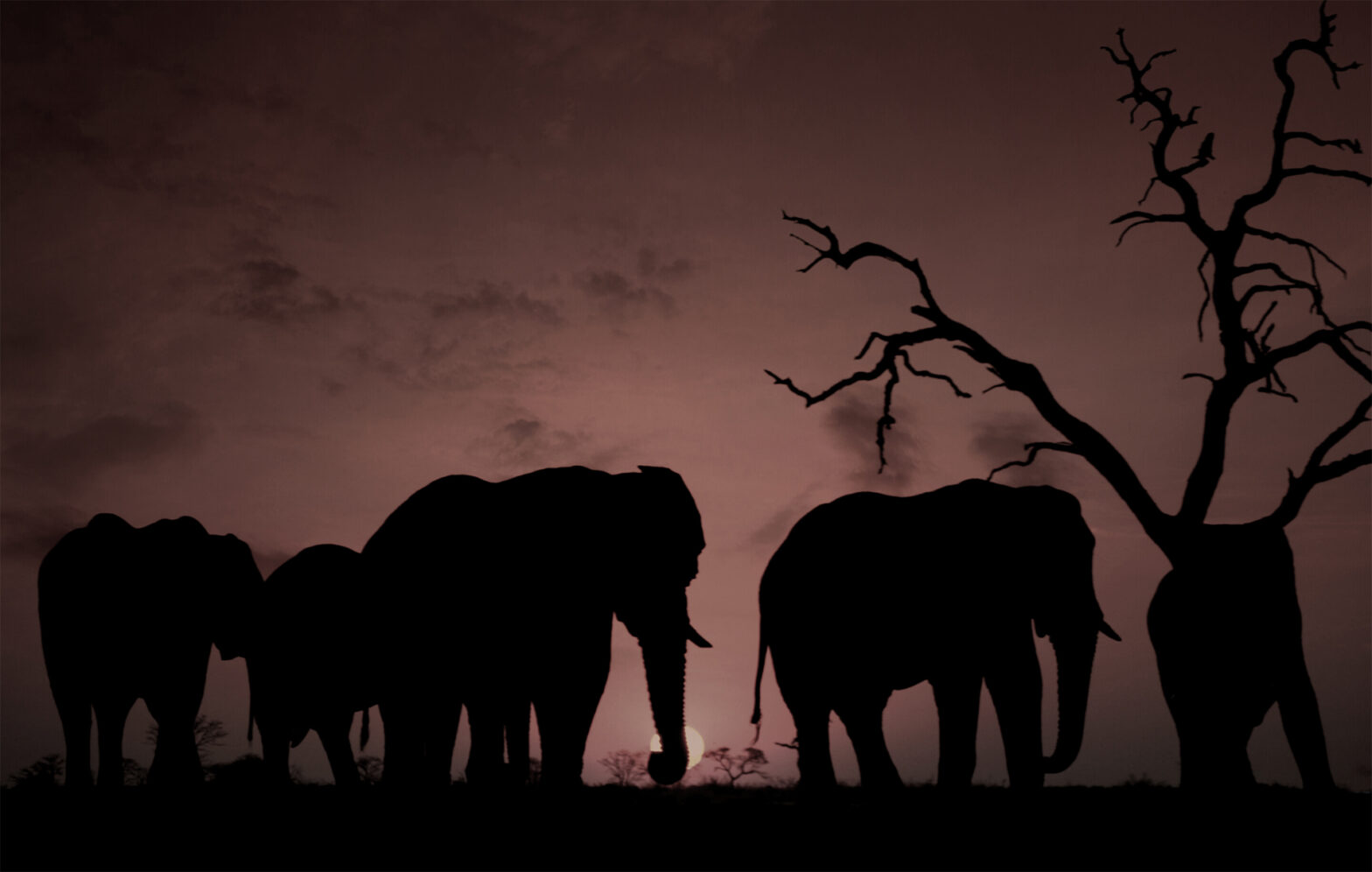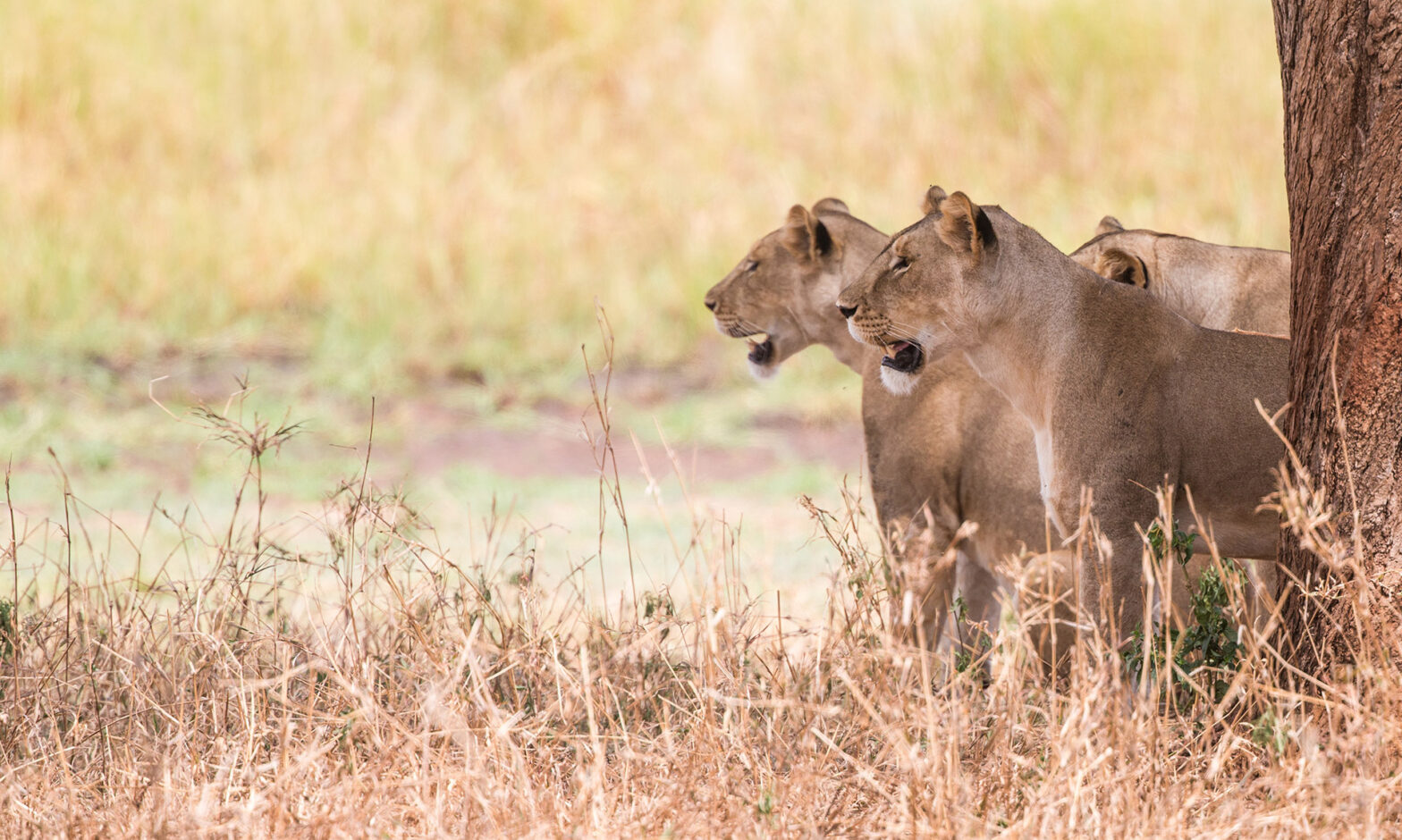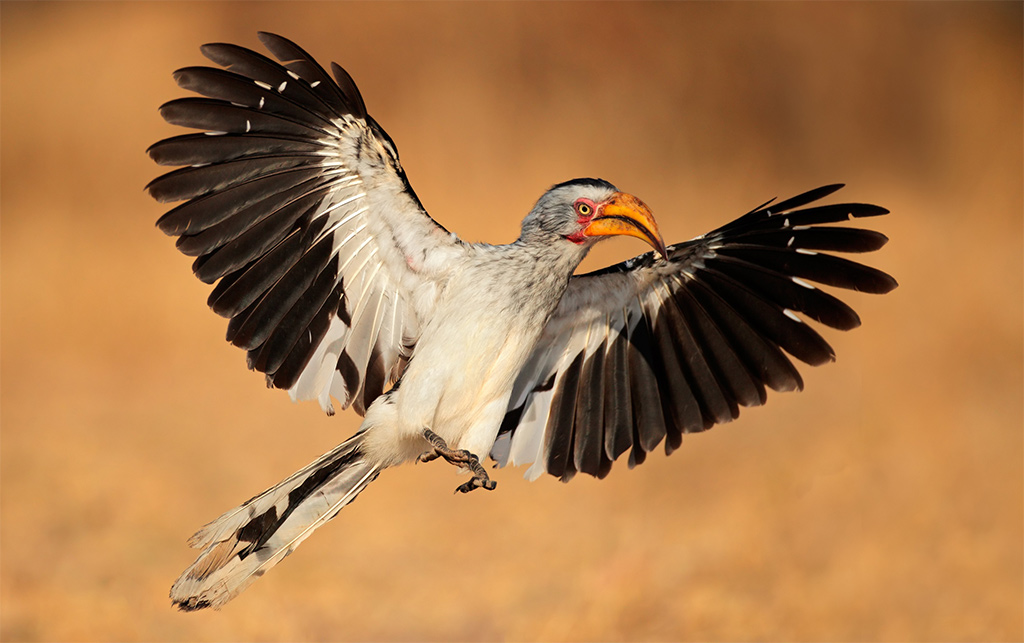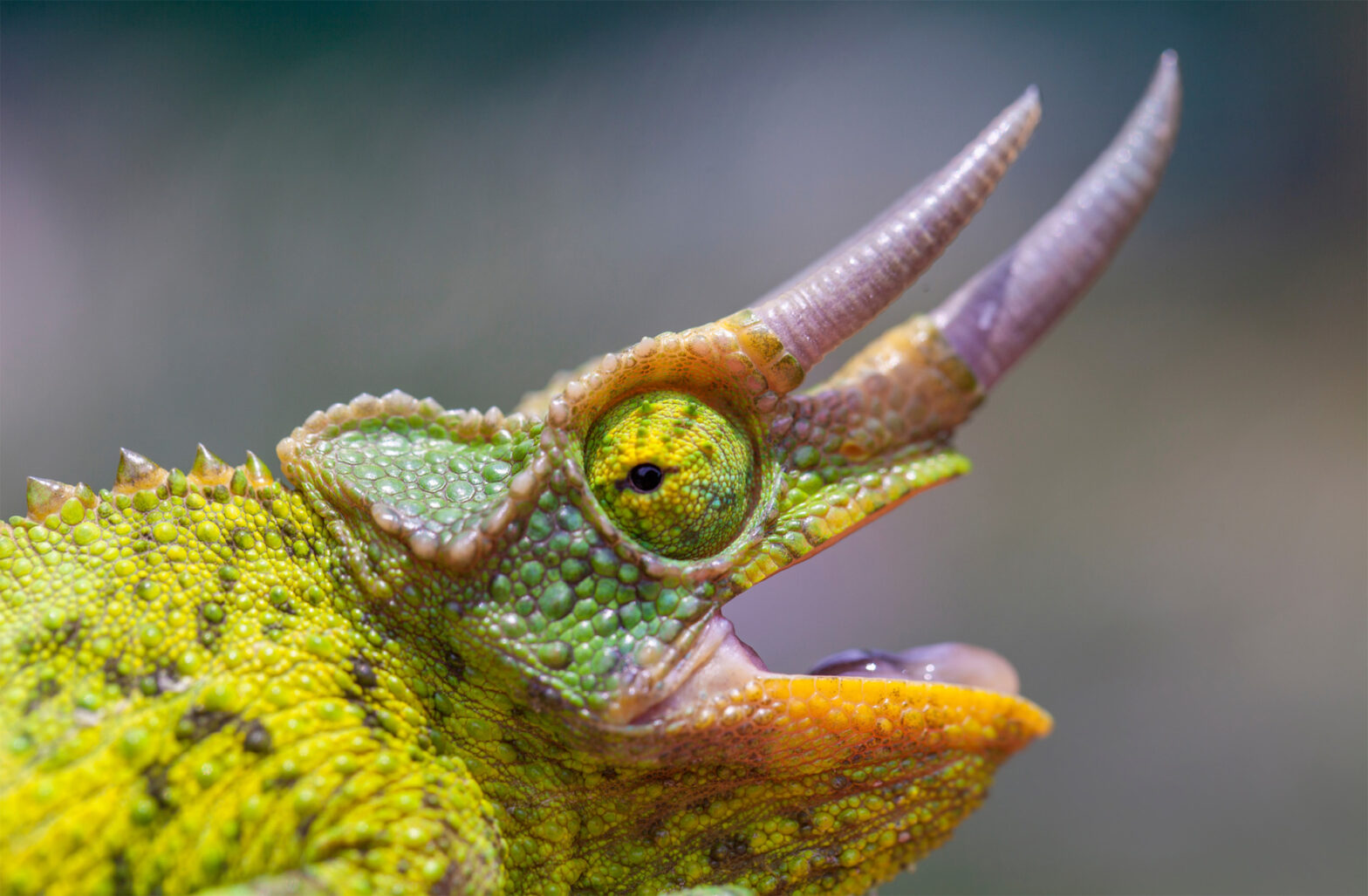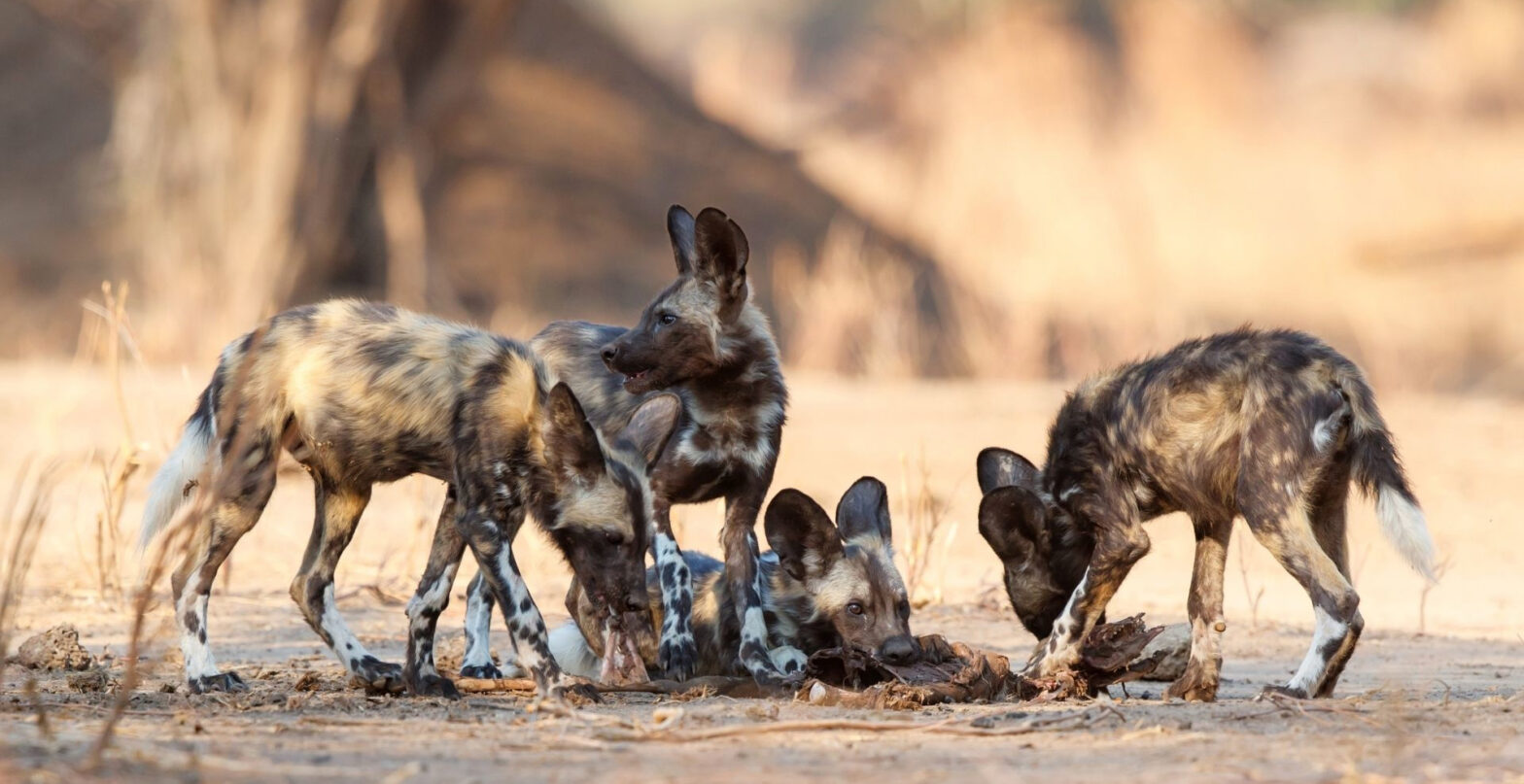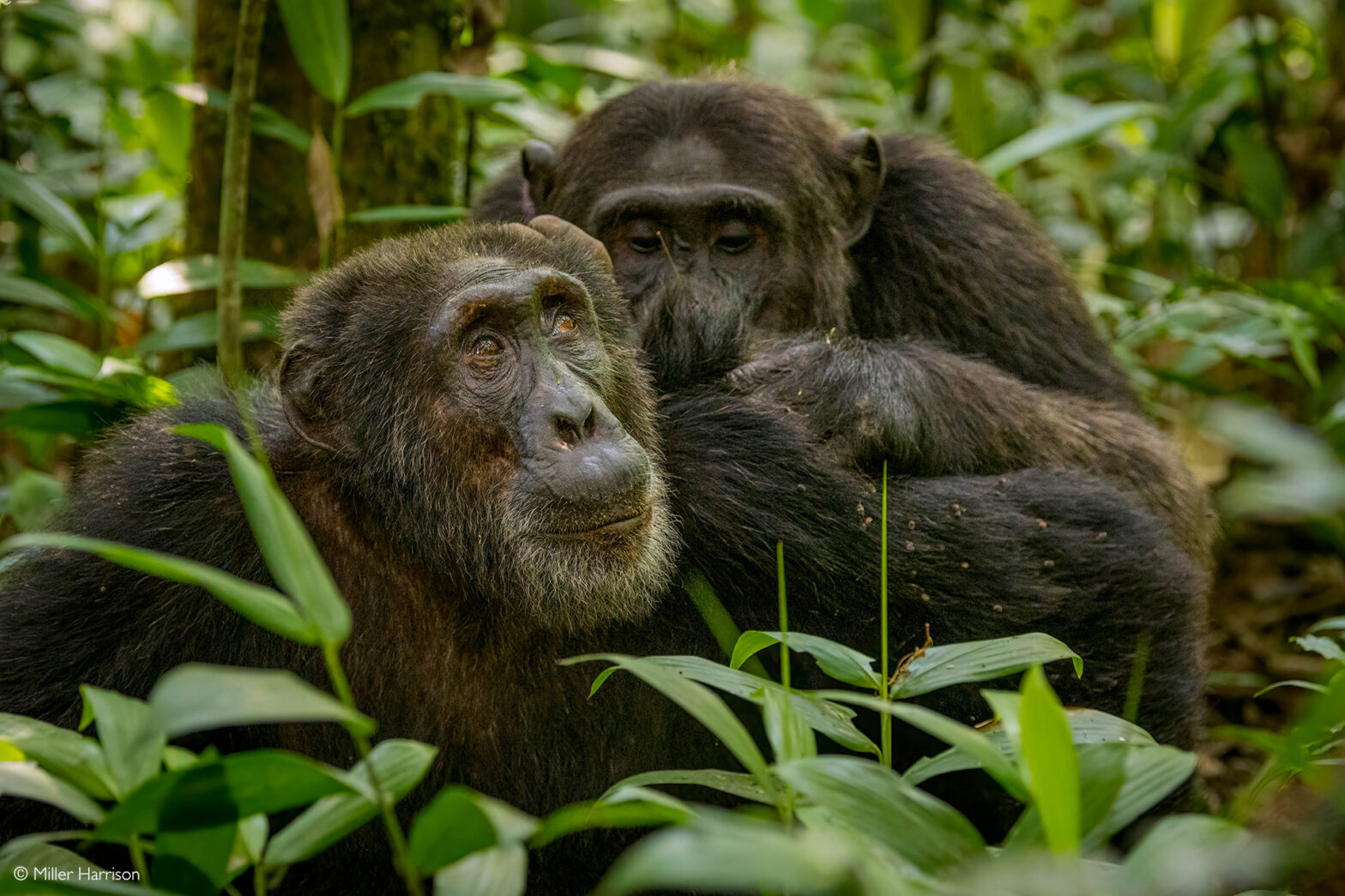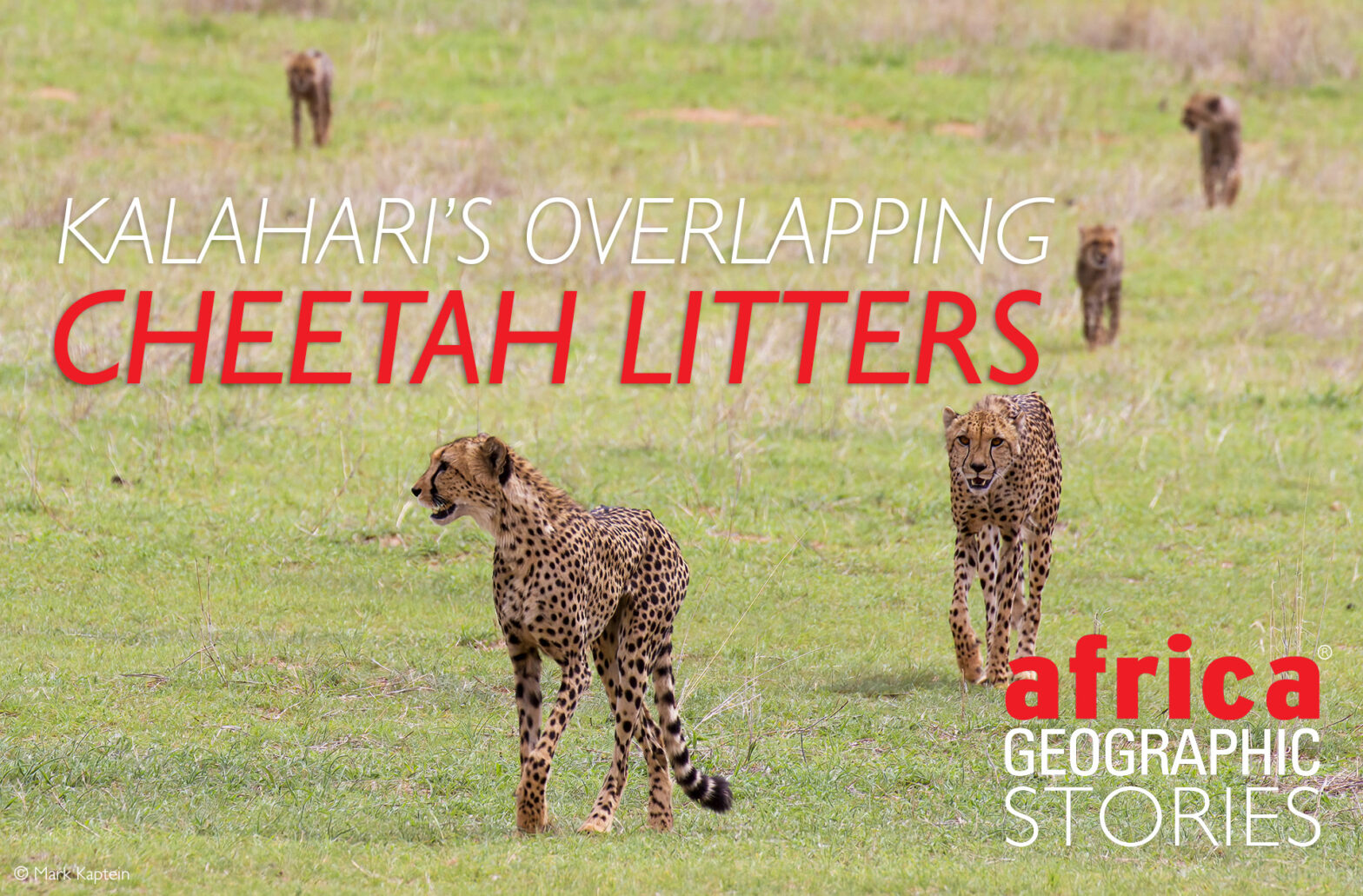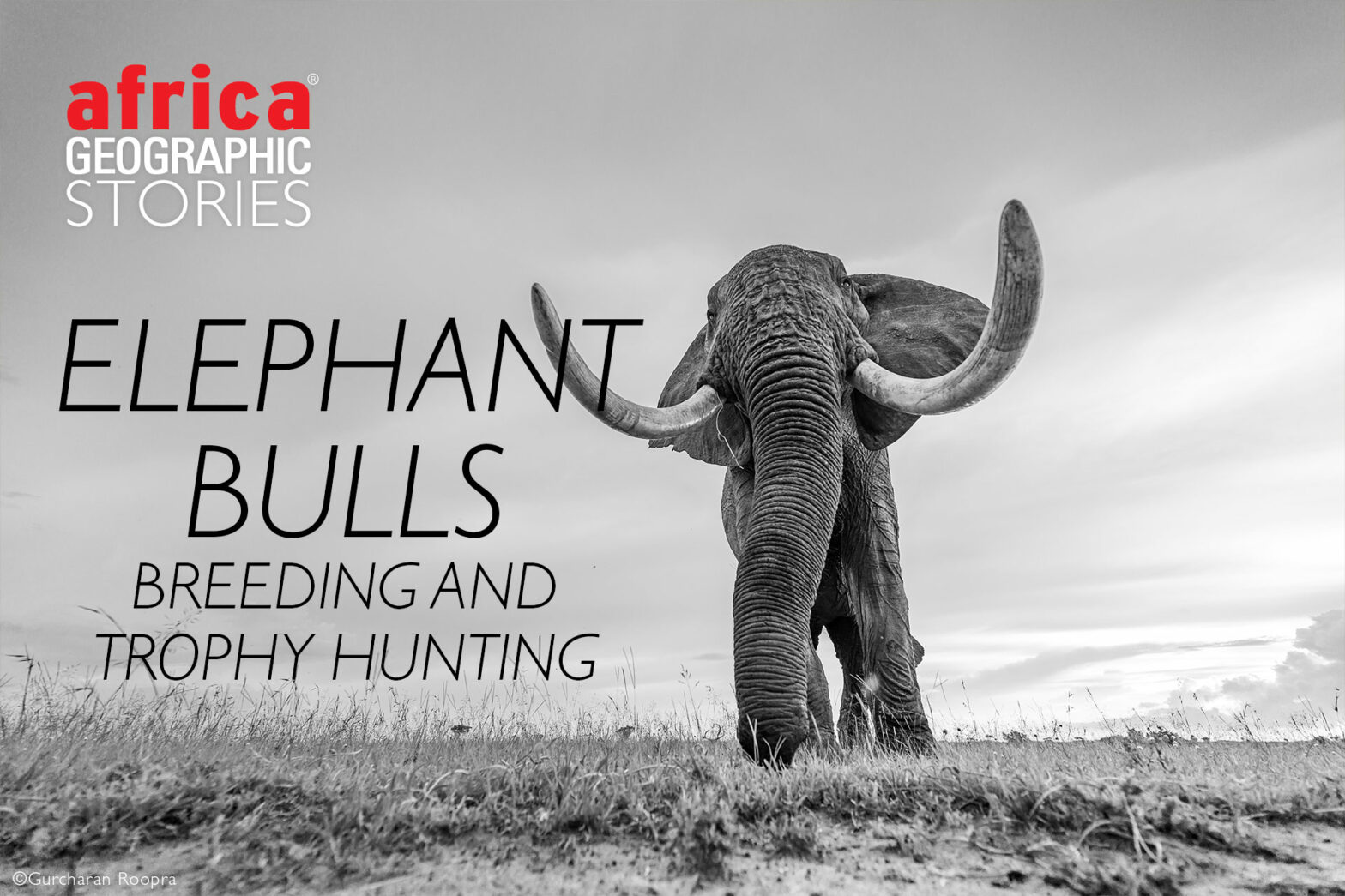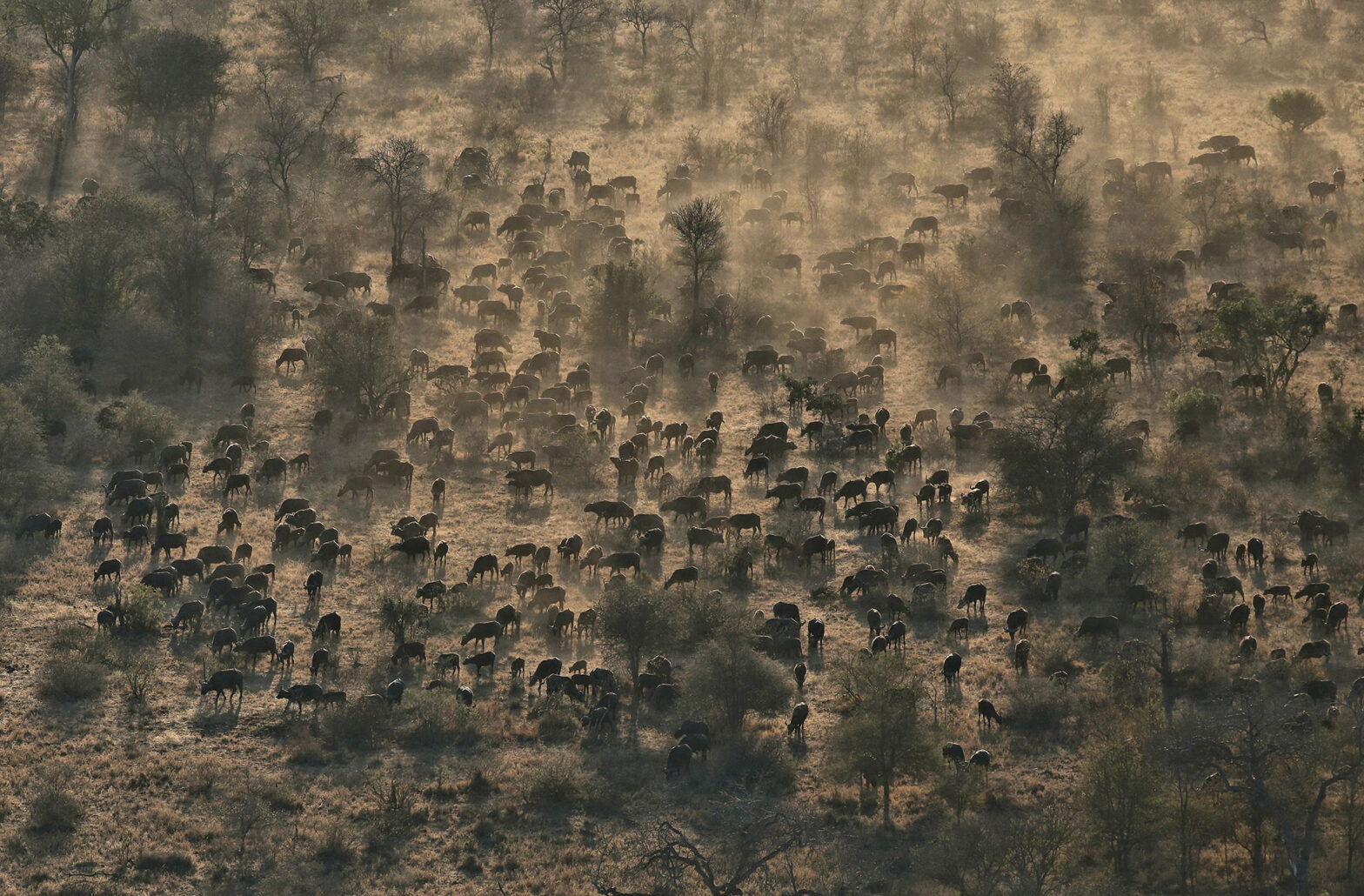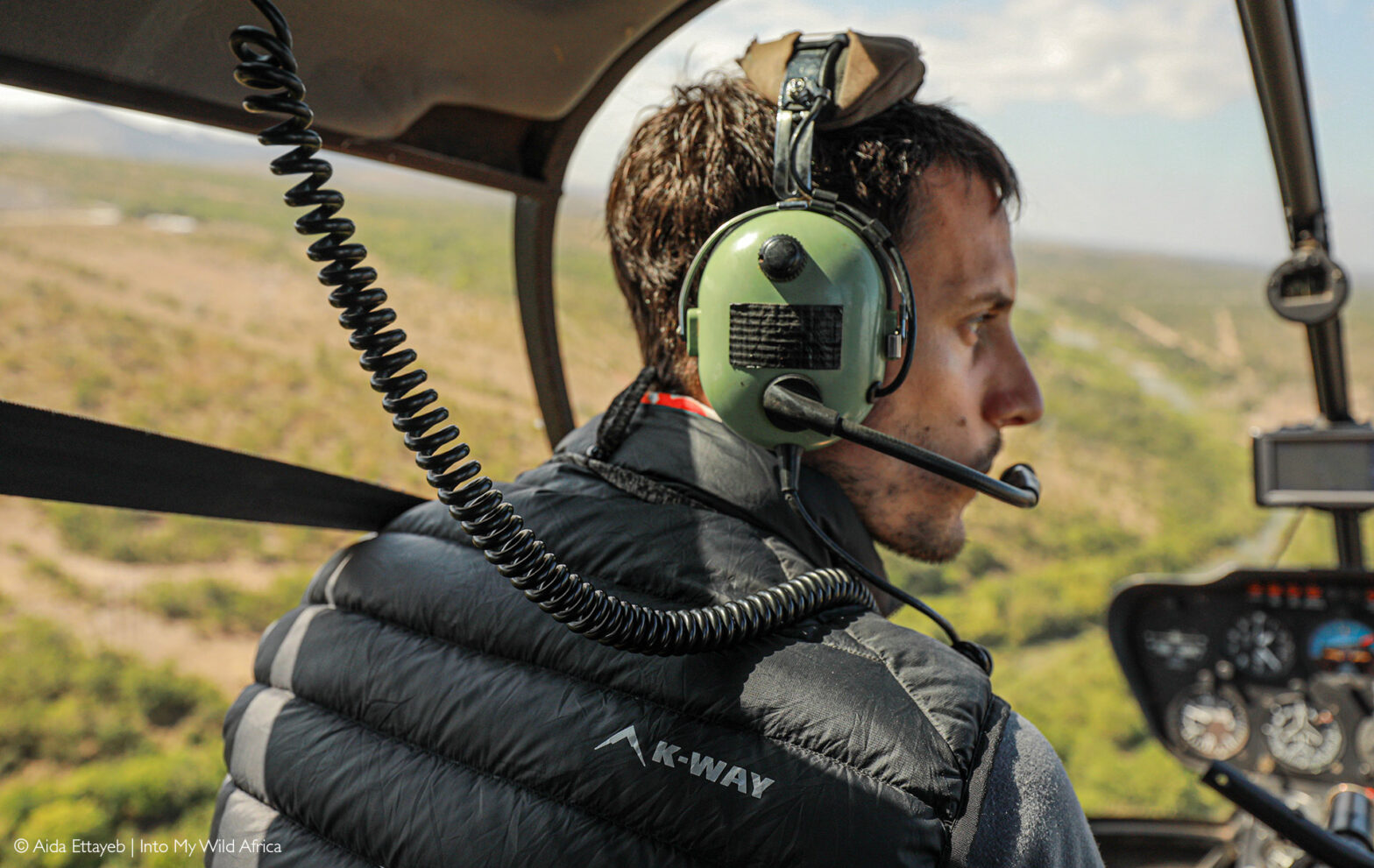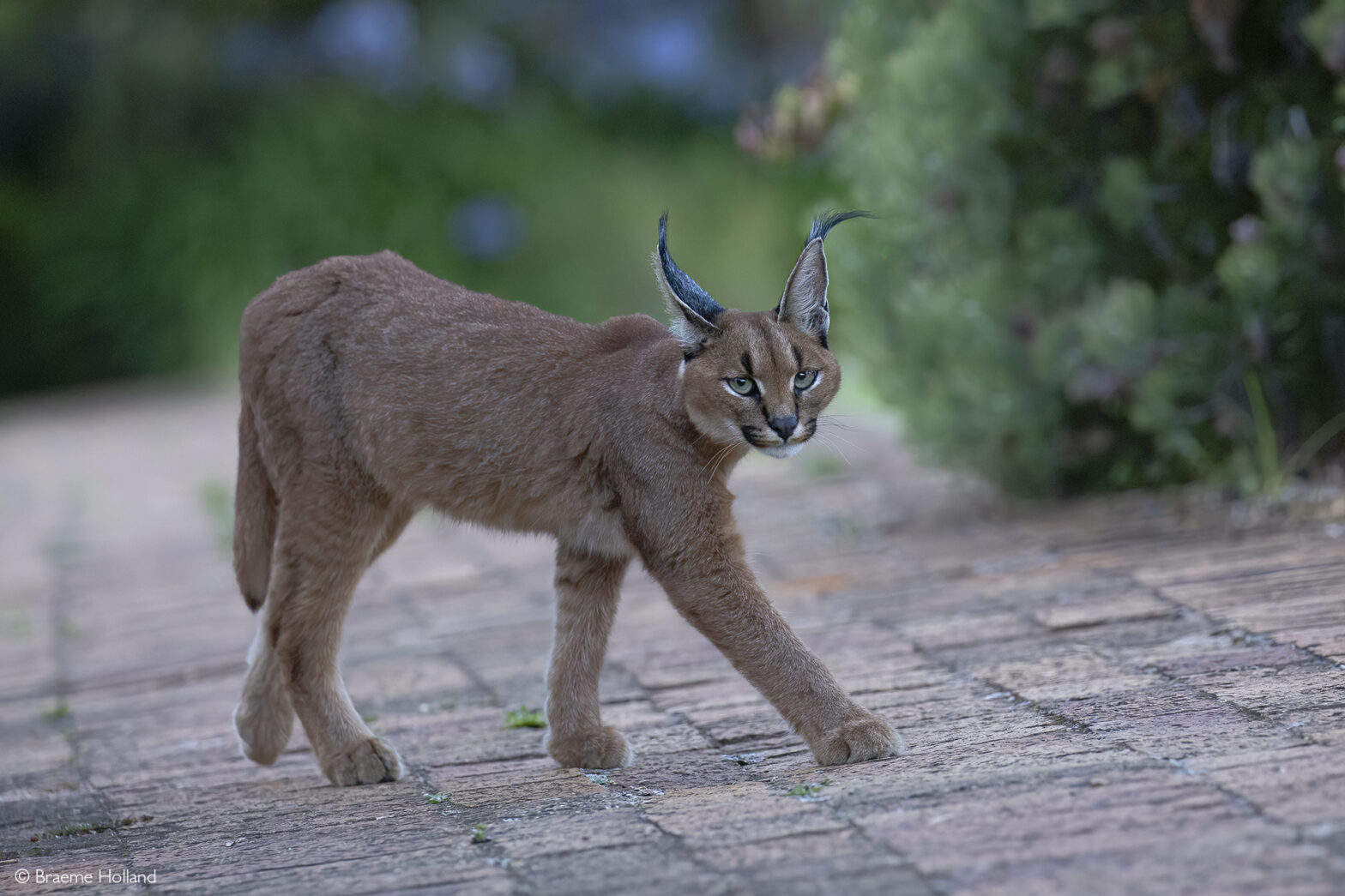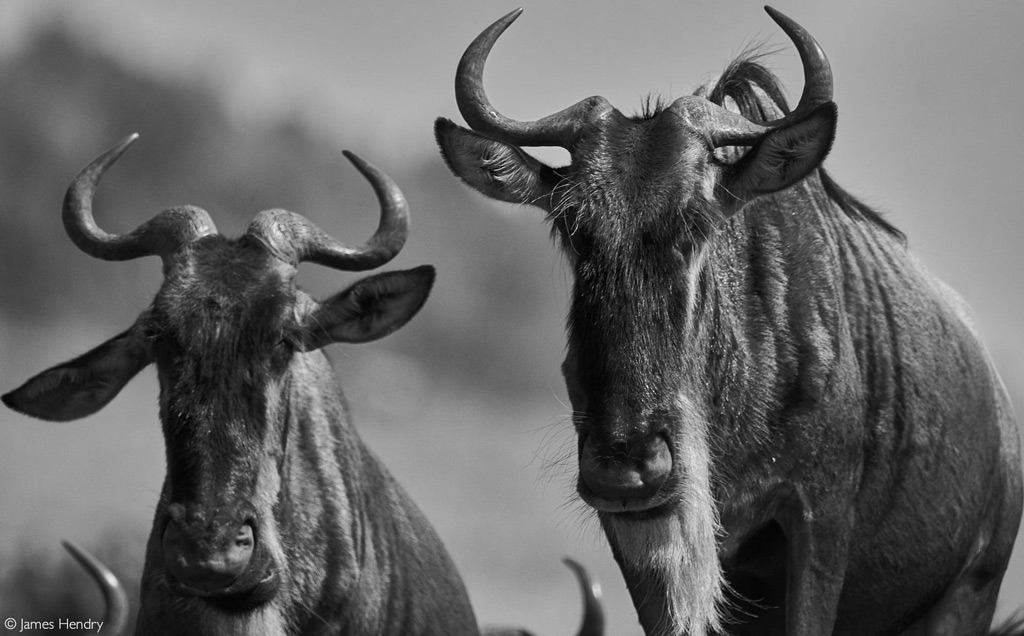A new ecoregion has been proposed for Southern Africa’s threatened ‘sky islands’, consisting of 30 isolated rainforest-covered mountains
Category Archives: Decoding science
Africa’s migratory animals under threat
UN report: Africa’s migratory animals – from wildebeest & birds, to dugongs & whales – are under threat due to habitat loss and climate change
KAZA elephants – new analysis adds vital details
An analysis of elephant population trends in KAZA shows a worrying increase in poaching, slowed population growth, negative population trends outside of protected areas, and the need for more accurate information to combat threats
How a wobbly earth and green Sahara led to the spread of humans
How did wobbles in the Earth’s rotation lead to the greening of the Sahara Desert, and the wider distribution of humans and other species?
The changing face of wattled crane conservation
Wattled cranes rely on wetlands and grasslands for survival – linking them to the human populations that depend on these ecosystems
Africa’s raptors on the brink: urgent conservation measures needed
Researchers have uncovered a looming extinction crisis for Africa’s birds of prey, painting a grim picture for the continent’s raptors
A hiatus in the hyena literature
A review of scientific literature on Hyaenidae reveals trends and gaps in the research on hyenas and other Hyaenidae species
Calling an elephant by its name
Do elephant rumblings contain names? Research shows elephants may have individual names, and they may use these names in their communication
Spotting spotted hyena
New research using camera traps has measured spotted hyena population density in southern Tanzania – the first study of its kind for Tanzania
How giraffes choose their besties
Do giraffes choose their social groups based on appearance? A recent study investigates if giraffes form bonds based on spot shape
Parenting, Wahlberg’s eagle style: making financial brokers proud
Why does the Wahlberg’s eagle lay only one egg? The parenting style of these eagles is a story that your financial broker would enjoy
Unveiling the mysteries of the riverine rabbit
Discovering additional riverine rabbit populations and gathering information about this elusive species has been a challenge. Here’s why
Who’s been sleeping in my bed? New study identifies the bird species that use hamerkop nests for breeding
Hamerkops create one of the largest nests of any individual bird in the world. But other bird species use these nests for breeding
The fragile kingdoms of the African lion
Lions are under threat. A new study examines the fragility of lion populations in Africa, probing socio-political & ecological factors
Net win – saving Africa’s trees from elephants
New research shows that wire-netting can be used to significantly increase tree survival by reducing elephant impact on large trees
Archaeological magic in Makgadikgadi
Archaeological sites in the Makgadikgadi salt pans reveal how ancient humans used black silcrete formed from lake mud to make tools
“Shock” value – the animal toll of electric fences
What is the animal toll of electric fences? Safeguarding protected and wild areas comes at the expense of countless wildlife, says research
The cheetahs of southern Tanzania
A new study, aimed at aiding the conservation of Tanzania’s cheetahs, reveals the secrets of the cheetahs of the Ruaha-Rungwa ecosystem
The hybrid elephants of Kibale – new research on how to distinguish types of African elephant
A new study from Kibale has laid the groundwork to distinguish between forest/savannah elephant hybrids and different elephant species
The science behind keeping the rhinos of Greater Kruger safe
How effective are Greater Kruger’s interventions in keeping rhinos safe? A new report analyses the effectiveness of rhino conservation
The boudoir of beetles – how this orchid sexually deceives its pollinator
How this longhorn beetle has been deceived into copulating with a rare orchid, Disa forficaria, in order to act as its pollinator
Towering intellect? How scientists discovered that giraffe can use statistical reasoning
Giraffe are an endless source of fascination for scientists. A new study reveals that giraffes are capable of statistical inference
Missing the point: new study suggests that dehorning can negatively impact black rhino social behaviours
Dehorning rhinos is a vital anti-poaching strategy. But a new study suggests dehorning can negatively impact black rhino social behaviours
Spot the difference – do leopards inherit their patterns from their mothers?
Research shows that leopards inherit their patterns of rosettes and whisker spots from their mothers – an exciting finding in leopard genetics
A wounded rhino or a parasitic worm? Filariasis explained
Ever noticed wounds on the skin of a rhino? These lesions have an interesting source. We examine Filariasis, caused by a parasitic worm
Measured in millions – the years needed to restore the lost biodiversity of Madagascar
It would take millions of years to reverse the damage done to Madagascar and its unique and precious biodiversity, according to a new study
A second silent spring – the impending insect apocalypse
Insects are essential ecosystem engineers, but are vulnerable to climate change. Scientists are warning of an impending insect apocalypse – which will severely impact human life
Private rhino – the importance of private sector rhino conservation
More than half of Africa’s rhino are in private hands. With rising protection costs, what will it take to build a resilient private industry?
A passage to India – how the journey of southern Africa’s cheetah divided the experts
The reintroduction of cheetah to India is dividing conservationists. Is this an ecologically unsound vanity project or a conservation win?
Putting elephants on the map – exploring connectivity in southern Africa
How do elephants move across southern Africa through protected areas and beyond? New research explores the value of habitat connectivity
Seven safari myths – busted
Can you separate fact from fiction when it comes to the tall tales told about Africa’s wildlife? Our experts bust common safari myths
Population growth, exploitation and climate change: safeguarding Africa’s wildlife into the 22nd century
A study on population growth, resource exploitation & climate change highlights the necessary steps for preventing loss of wild habitats & species in Africa
Hippos to be uplisted? CITES CoP19
Ten African states have proposed the transfer of the hippo from CITES Appendix II to Appendix I ahead of the 19th Conference of the Parties. What does this entail?
Vanishing lions – a 75% decline in Africa’s iconic predators in just five decades
Africa’s lions are disappearing. New research shows that lion populations across the continent have declined by 75% in just five decades
The elephant in the room – how social media attention misses more pressing conservation threats
Social media impacts conservation. Research shows that the attention elephants receive on Twitter fails to address urgent conservation issues
The state of Africa’s rhino
Here’s our analysis of the IUCN report containing the most recent rhino numbers, trends, poaching incidents, conservation measures & trade updates
Human-wildlife conflict: The ones that got away from snares and shotguns
Scientists can now detect injuries from snares & shotguns on trophy-hunted lions & leopards – quantifying the extent of previously unreported human-wildlife conflict
Elephants that creep in the dark – how elephants distinguish between human activities
Chobe elephants have learnt how to change their activity patterns to reduce risk of human encounters – new research
Lions target particular types of cows – research
Understanding how predators select cattle for prey could help in protecting livestock from lions, mitigating human-wildlife conflict
Five years until the Kalahari’s hornbills start to vanish
Scientists have predicted that the Kalahari’s hornbills will start to vanish in five years – and climate change is to blame
Hawaii’s conspicuous African chameleons
How did chameleons come to evolve their kaleidoscopic capacity? Escapees from the 1970s Hawaiian pet trade may hold the answer
Kids eat first: research on wild dog feeding habits
New research shows that there is order in wild dog hunts. Painted wolf pups are the first to eat at a carcass.
Giraffe evolution – pieces of the puzzle
Under pressure – genetic research on giraffes reveals evolutionary secrets of how they cope with high blood pressure and maintain bone density.
Making Hippocrates proud: How animals self-medicate
Scientists have observed chimpanzees medicating the injuries of their peers – a behaviour never before witnessed in the animal kingdom
Kalahari’s overlapping cheetah litters
A cheetah mother has been observed simultaneously raising two cheetah cubs of different age classes – behaviour never witnessed in the wild
Elephant bulls – breeding and trophy hunting
Does the hunting of elephant bulls with large tusks lead to the decline of Africa’s tuskers? We examine the science
Keeping count – wildlife populations in Kruger’s private nature reserves
Associated Private Nature Reserves (APNR), part of Greater Kruger, completed their 2021 wildlife census. We analyse the ebb & flow of results
Counting animals – the technology helping conservationists
Counting wild animals can be a complicated process, particularly when estimating populations in some of Africa’s massive protected wild areas
Caracals of Cape Town – navigating a landscape of fear
Caracals navigate the dangers of the urban Cape, attracted to the edge of urban spaces at a significant potential risk – new research.
Wildebeest sleep and the mysteries of slumber
Wildebeest sleep for just four and a half hours in a 24 hour period – most deeply in the dead of night – says new research

